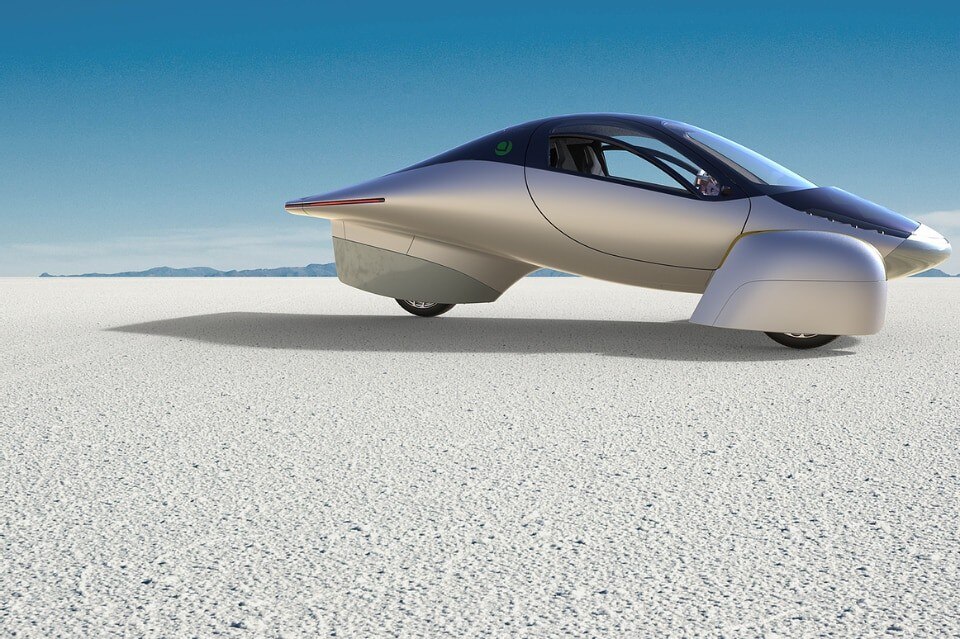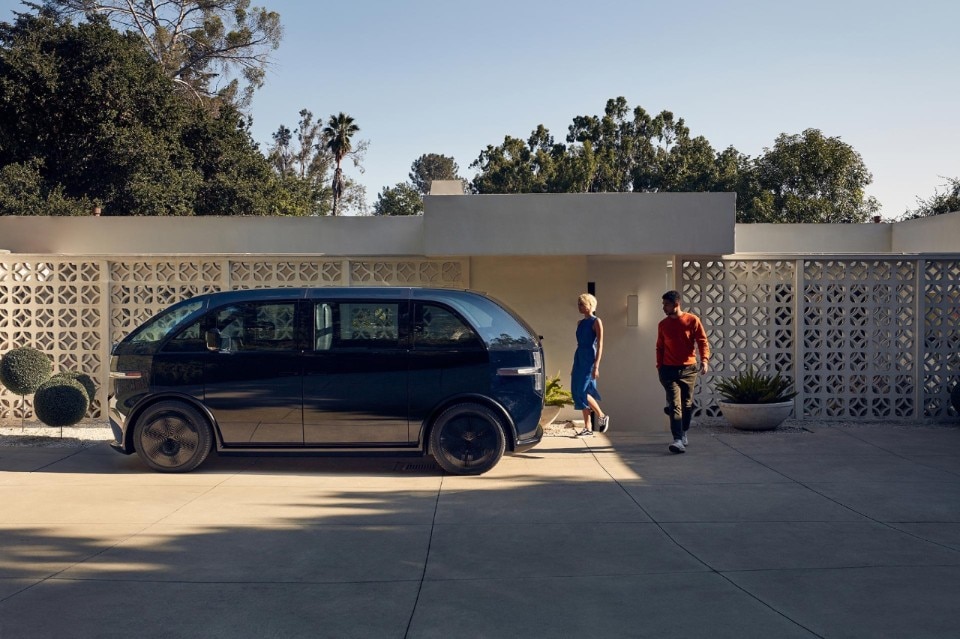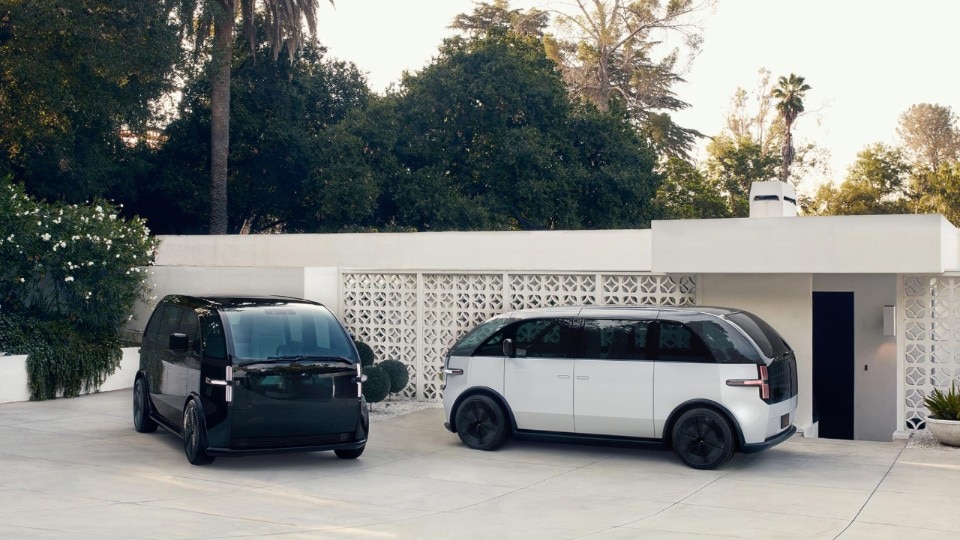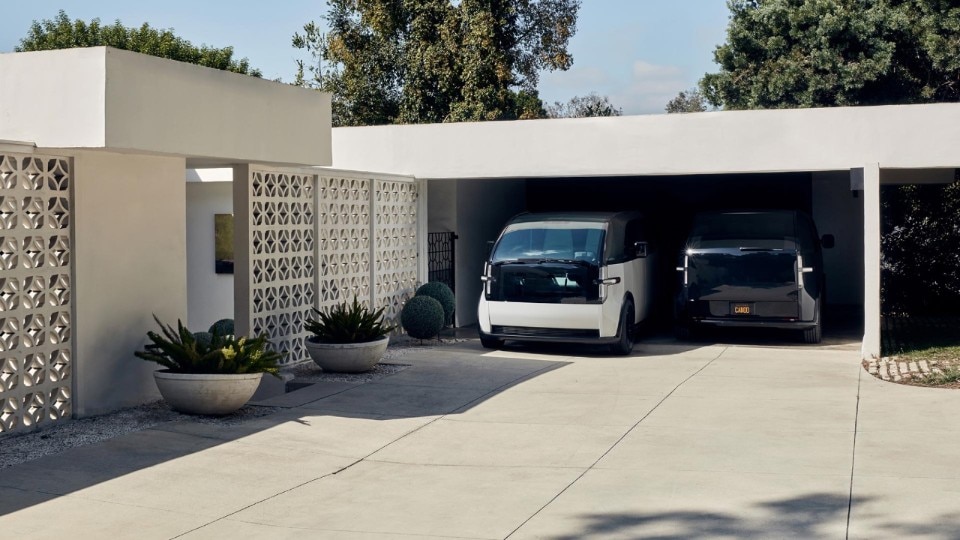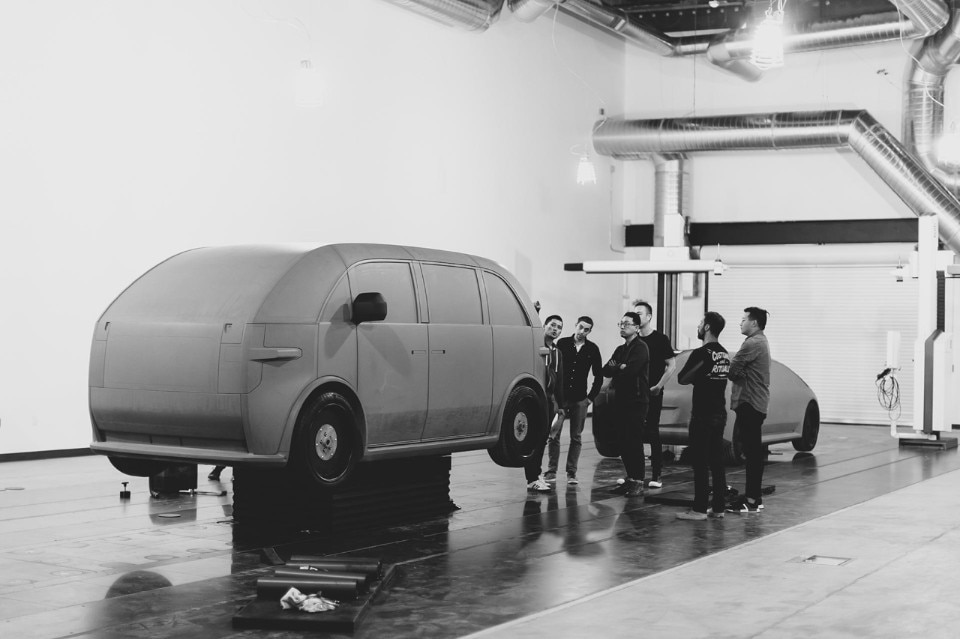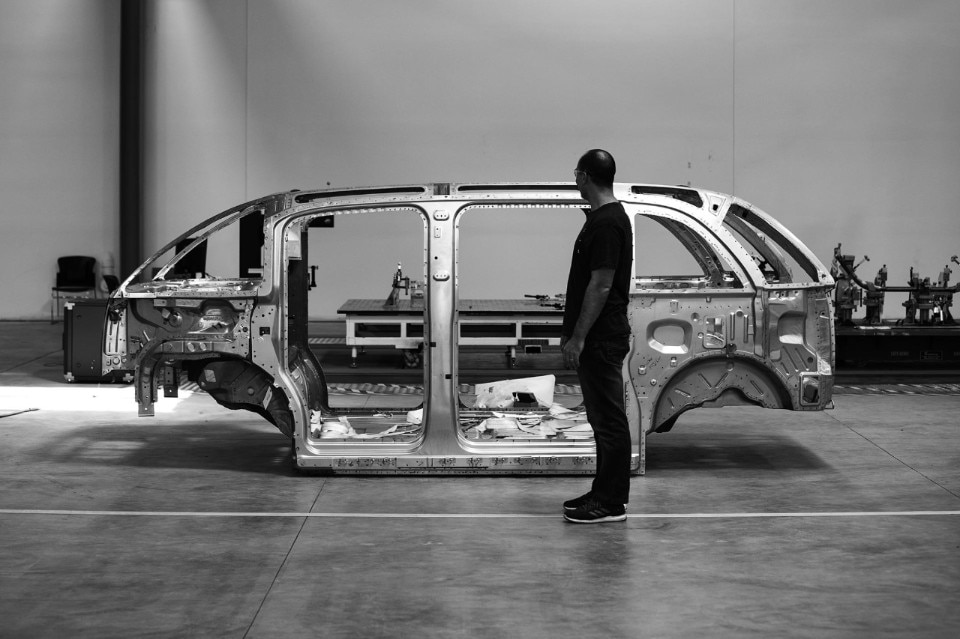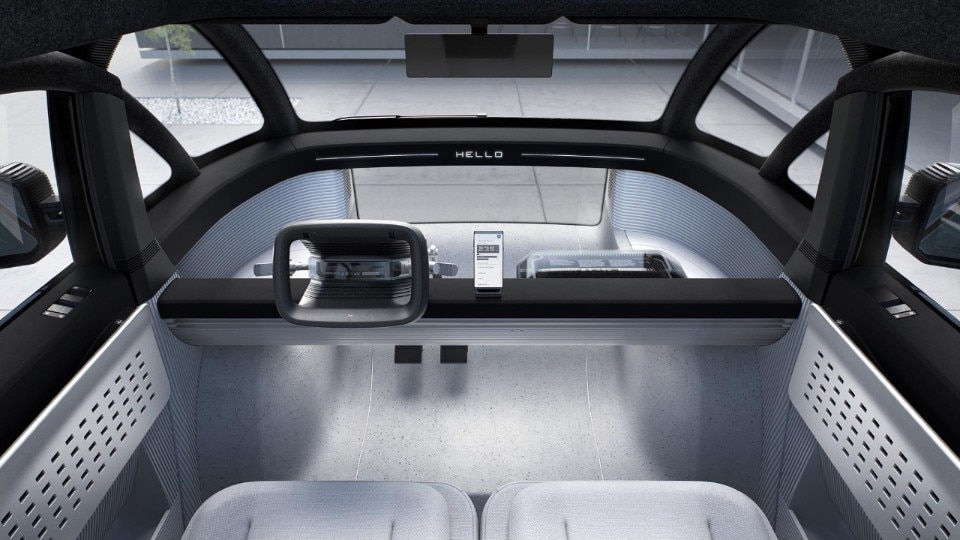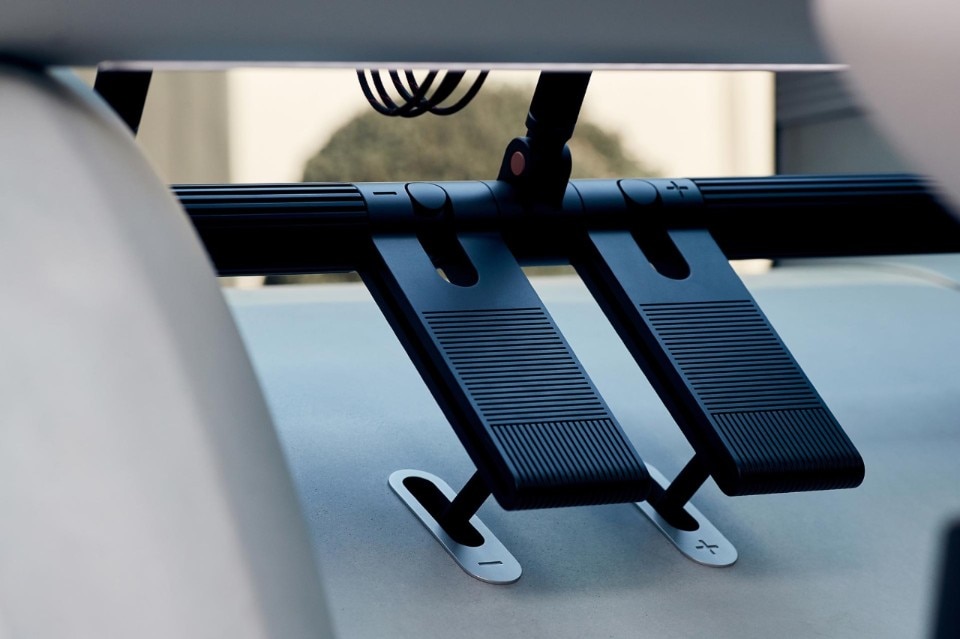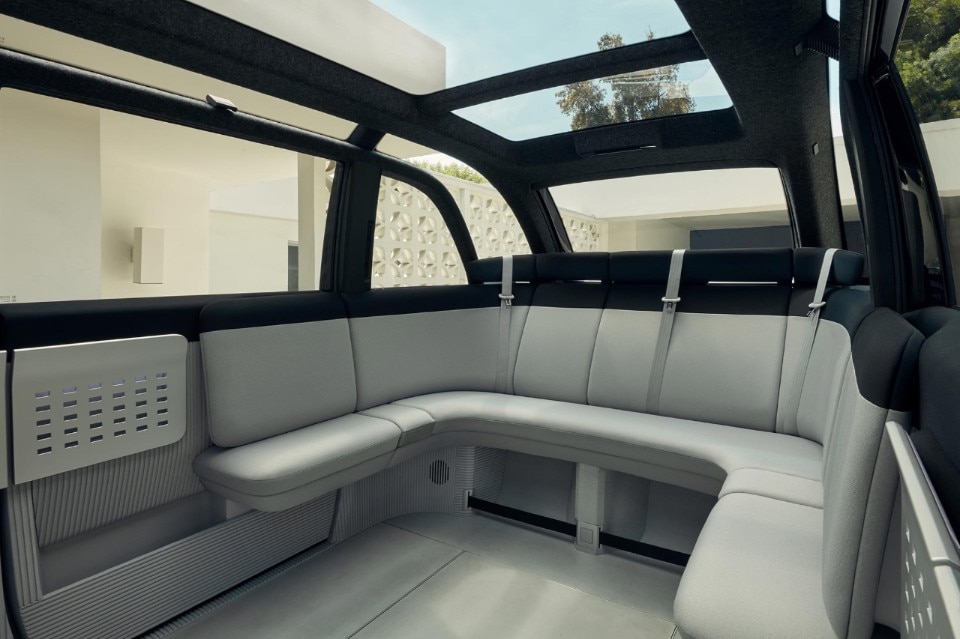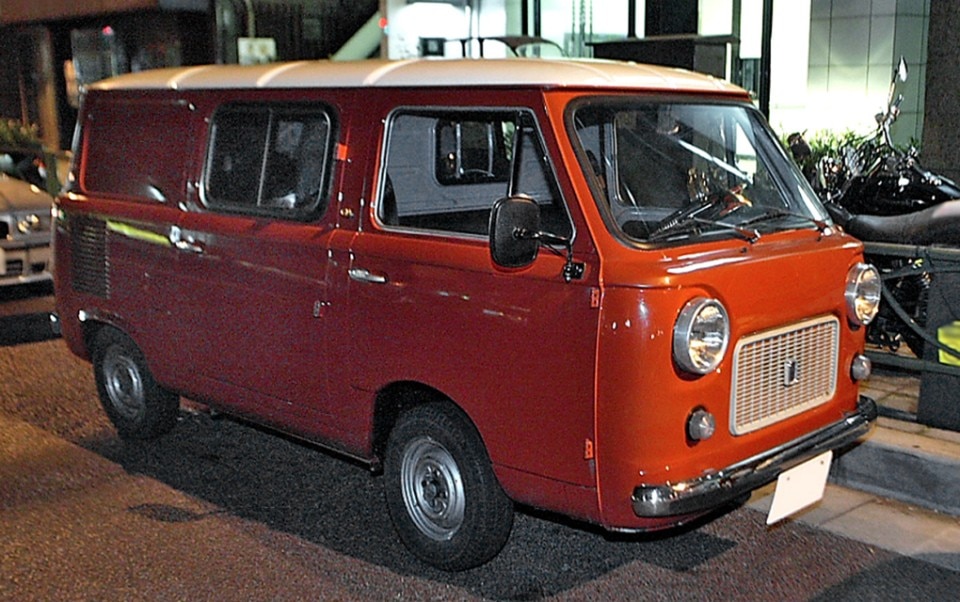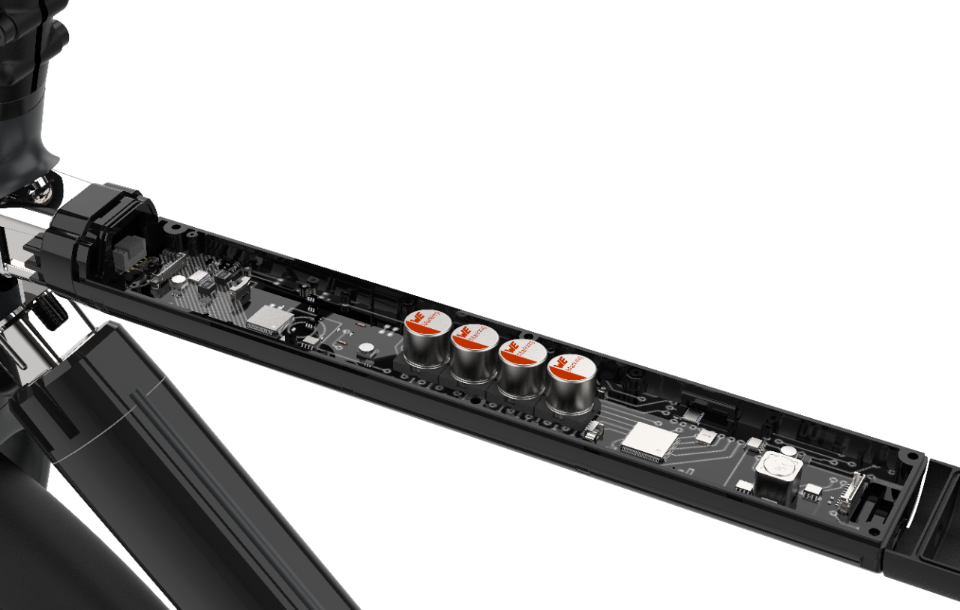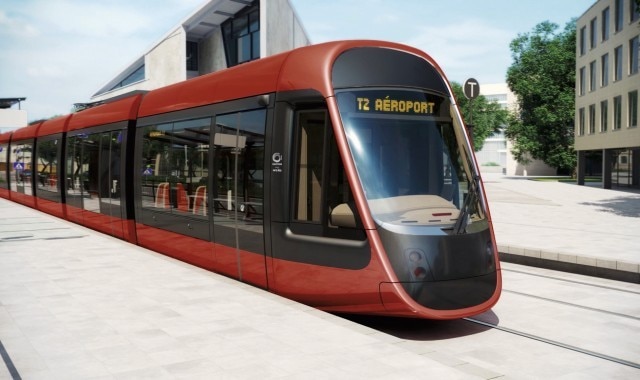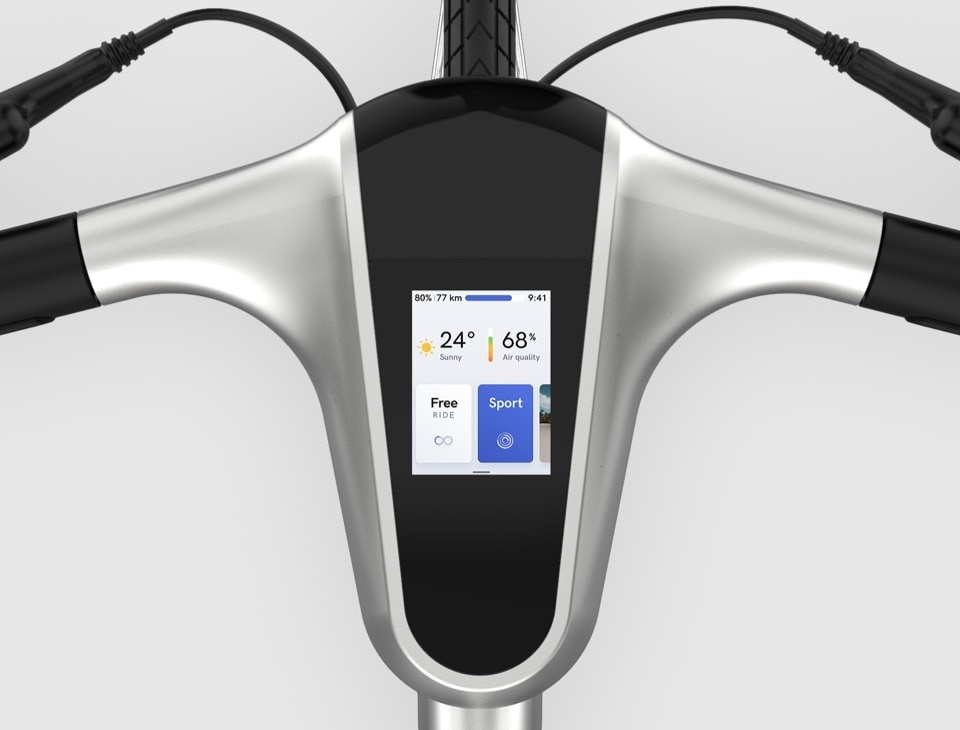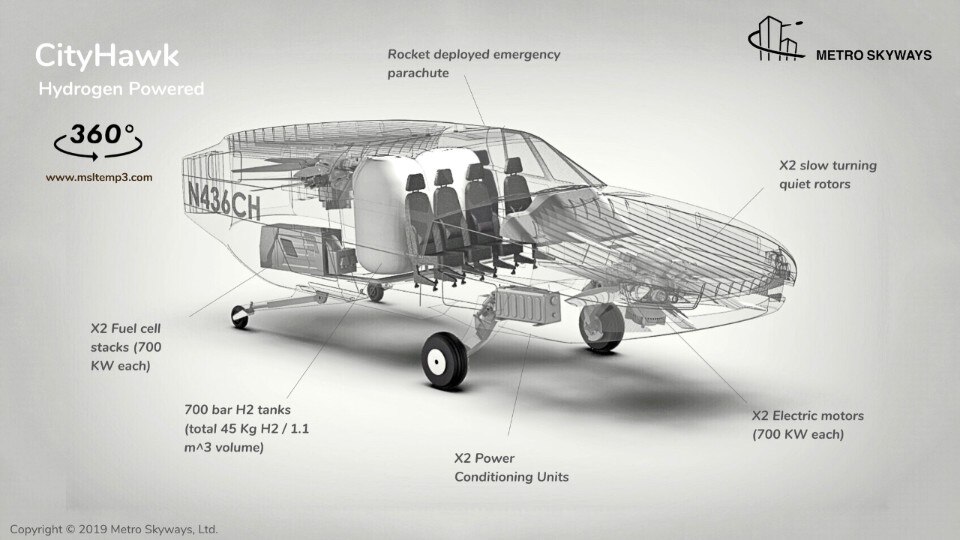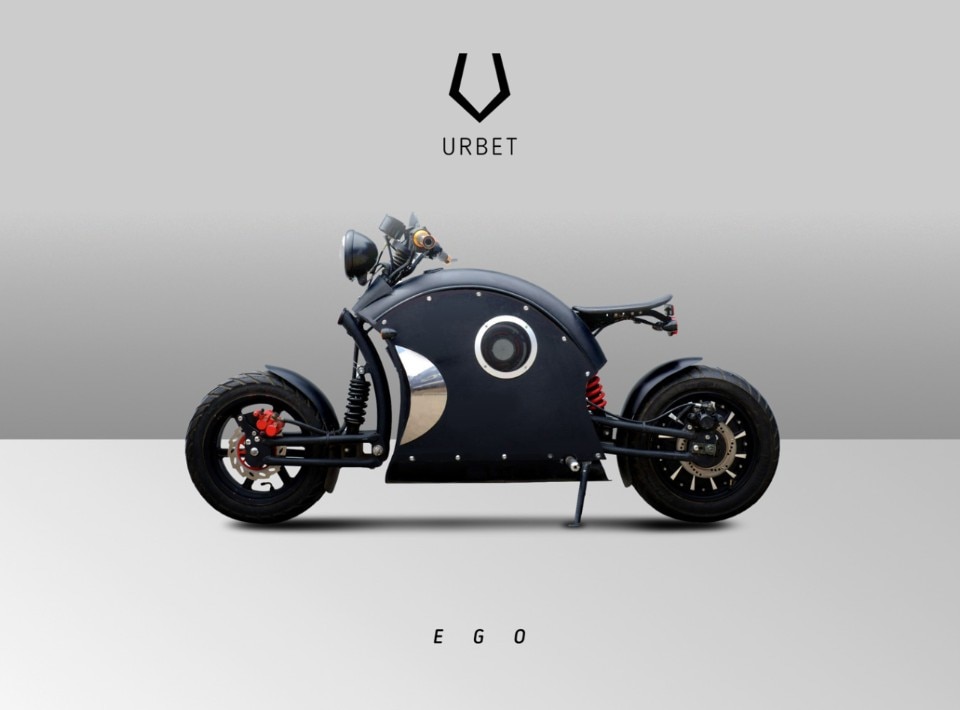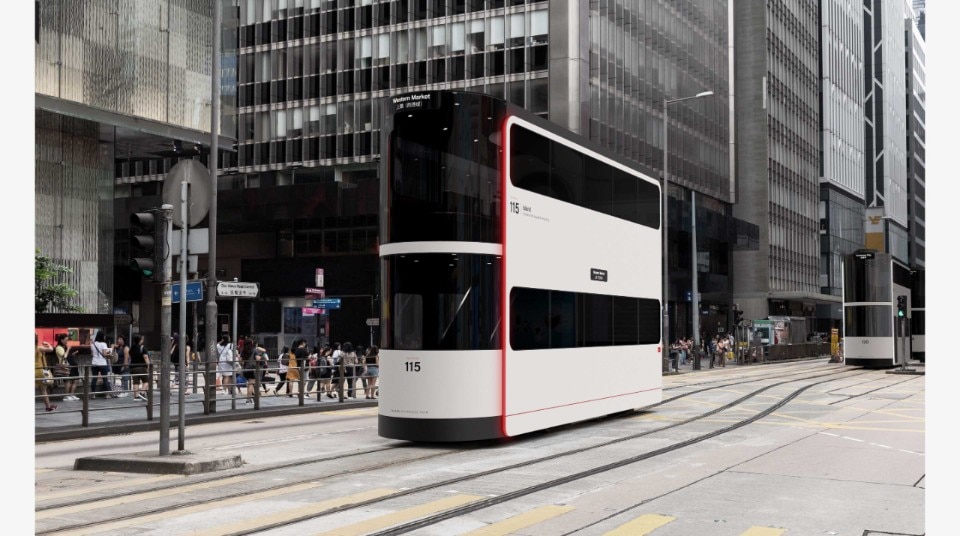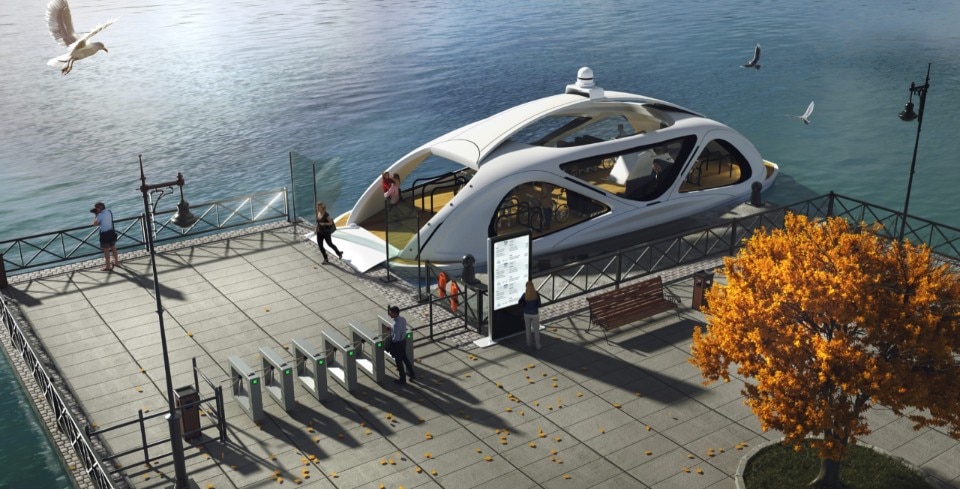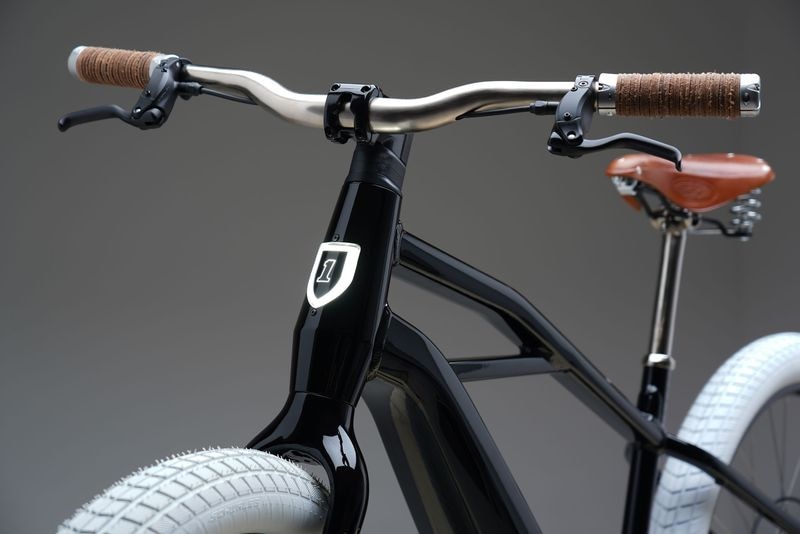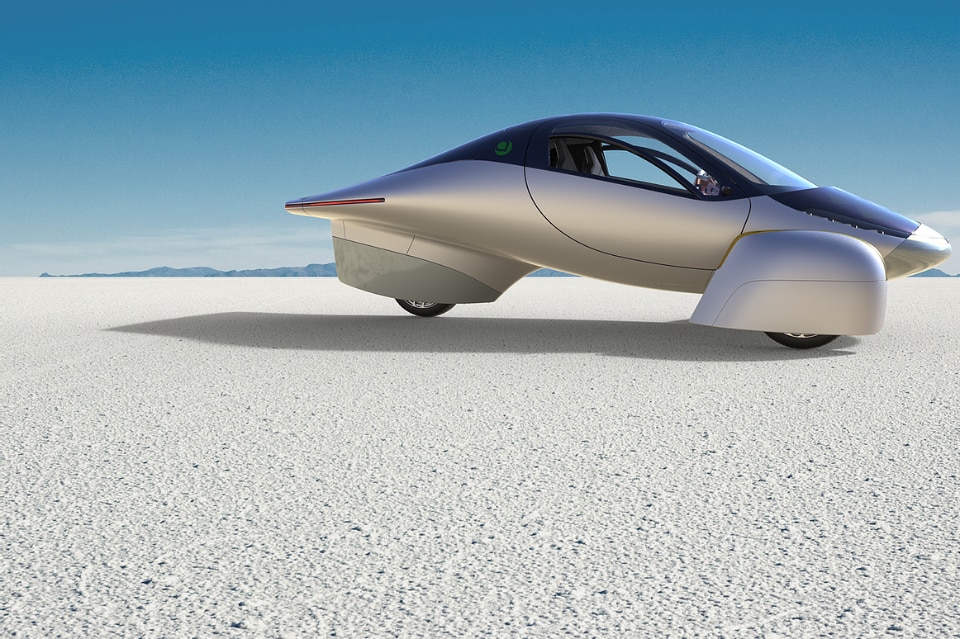
Time Space Existence: the Future of Architecture In Venice
Until November 23, 2025, Venice is the global hub for architectural discussion with "Time Space Existence." This biennial exhibition, spearheaded by the European Cultural Centre, features projects from 52 countries, all focused on "Repairing, Regenerating, and Reusing" for a more sustainable future.
- Sponsored content
In 2020 the Coronavirus pandemic has left us stranded. Unable to travel far away, we had to accept that staying home was our new normal, at times forced to give up even the shortest trips within our own locked-down cities. The mobility industry was impacted, but the momentum of mobility innovation didn’t stop. If anything, in 2020 we’ve seen a surge in both concepts and market-ready products that try to reshape the way we’ll move around in the future. Vehicles that, while still catering to the basic human need of free movement, will enable us to do so in a more sustainable and climate friendly way, with new designs interpreting the future needs of local and global travelers. Here’s our pick of the best mobility stories, product and announcements we’ve covered in 2020.
Segway S-Pod
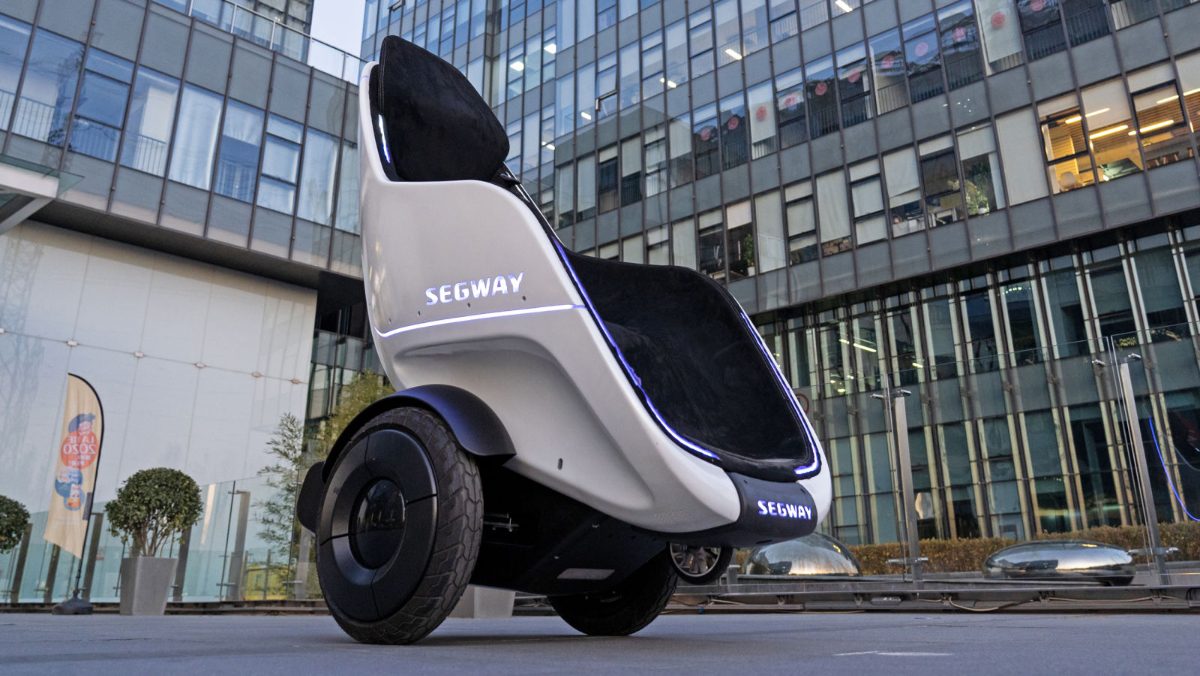
 View gallery
View gallery
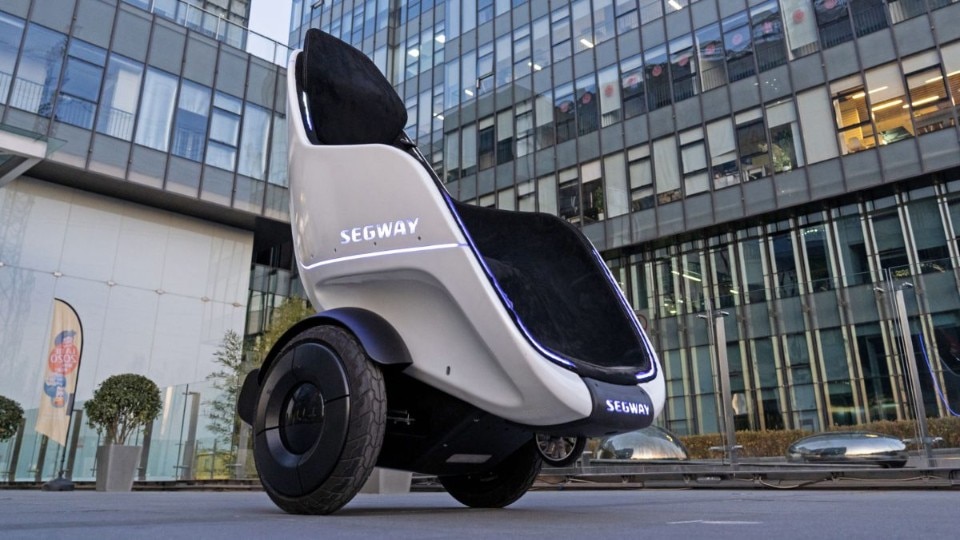
Segway's new vehicle is an egg-shaped self-balancing chair
Photo Courtesy of Segway-Ninebot.
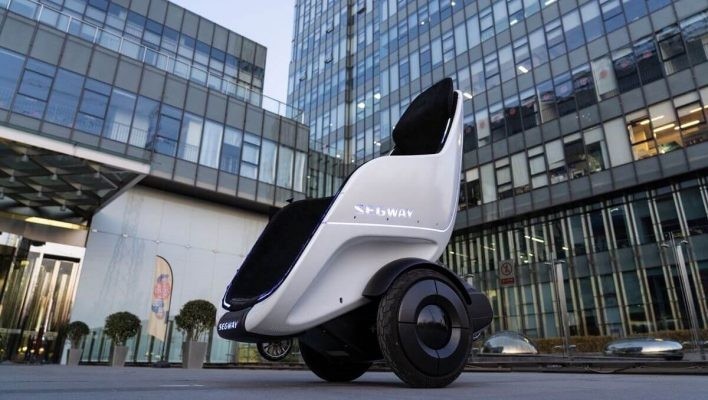
Segway's new vehicle is an egg-shaped self-balancing chair
Photo Courtesy of Segway-Ninebot.
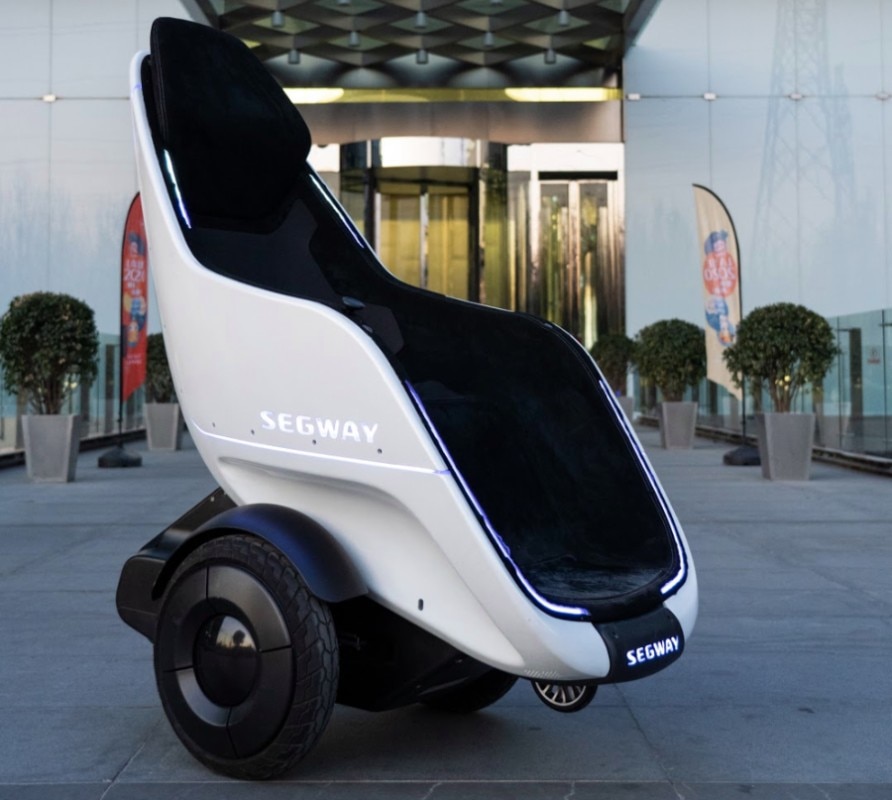
Segway's new vehicle is an egg-shaped self-balancing chair
Photo Courtesy of Segway-Ninebot.

Segway's new vehicle is an egg-shaped self-balancing chair
Photo Courtesy of Segway-Ninebot.

Segway's new vehicle is an egg-shaped self-balancing chair
Photo Courtesy of Segway-Ninebot.

Segway's new vehicle is an egg-shaped self-balancing chair
Photo Courtesy of Segway-Ninebot.

Segway's new vehicle is an egg-shaped self-balancing chair
Photo Courtesy of Segway-Ninebot.

Segway's new vehicle is an egg-shaped self-balancing chair
Photo Courtesy of Segway-Ninebot.
Inspired by vehicles featured in a popular sci-fi adventure movie, the futuristic two-wheeled electric self-balancing wheelchair (get a moment to take it all in) is an interesting take on how we could move within closed or confined spaces in the future. First unveiled at CES 2020, back in January, the S-Pod was supposed to be available by the end of the year in selected campuses for testing. That was before the pandemic hit, though, so we’re still expecting to hear some news later next year.
Canoo, a “different” car
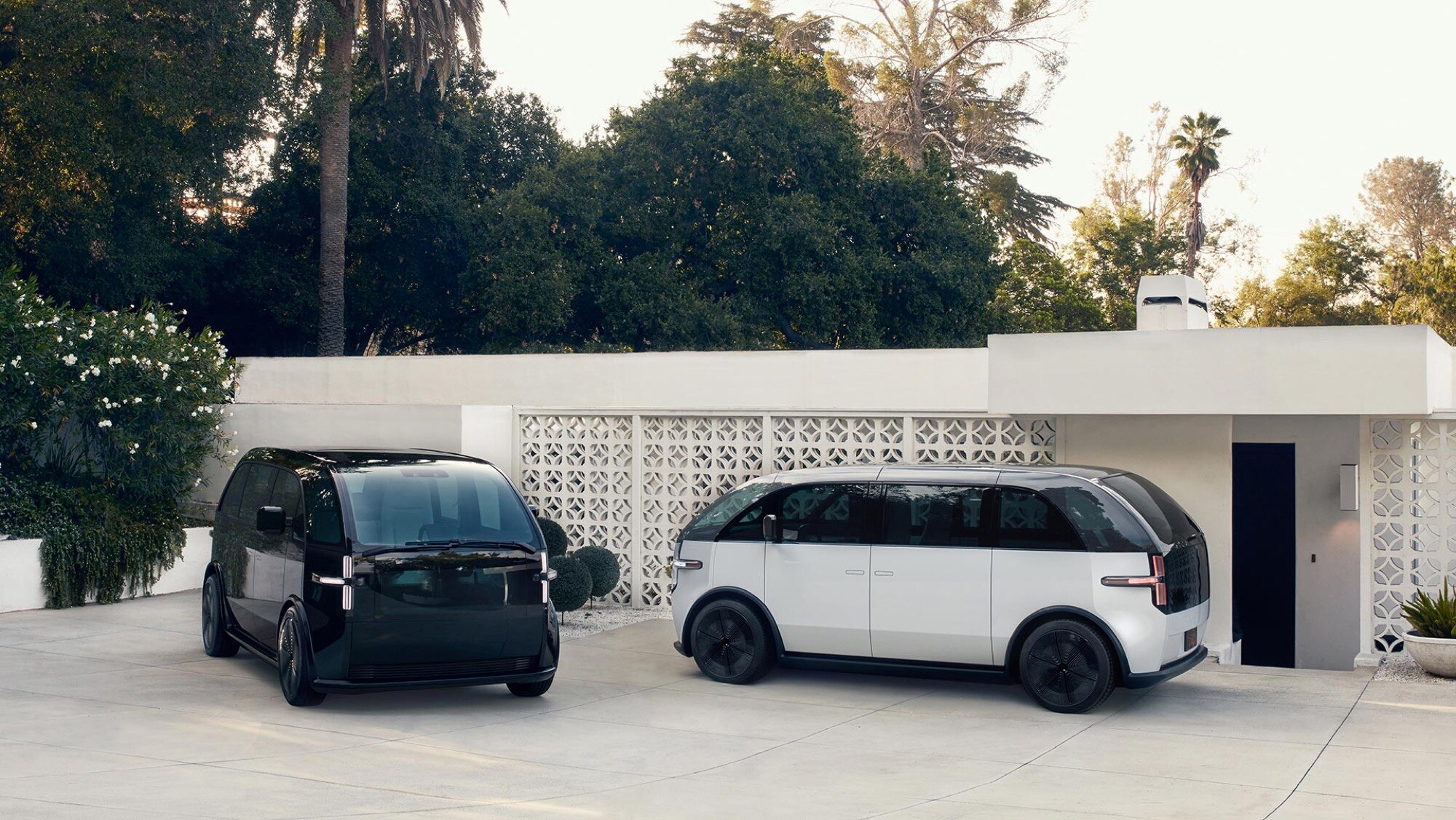
 View gallery
View gallery
Why do cars still look more or less the same, even if electric powertrains have removed the design constraints dictated by combustion engines? Well, mostly recognizability and aerodynamics. Yet, thanks to the electric mobility momentum, the time is right for designers to challenge the status quo. That’s exactly what Ulrich Kranz, a former BMW designer, is doing with the Canoo, a new car that offers the same passenger and luggage space as a big SUV, but with the footprint of a Prius.
Who will win the electric pick-up wars?
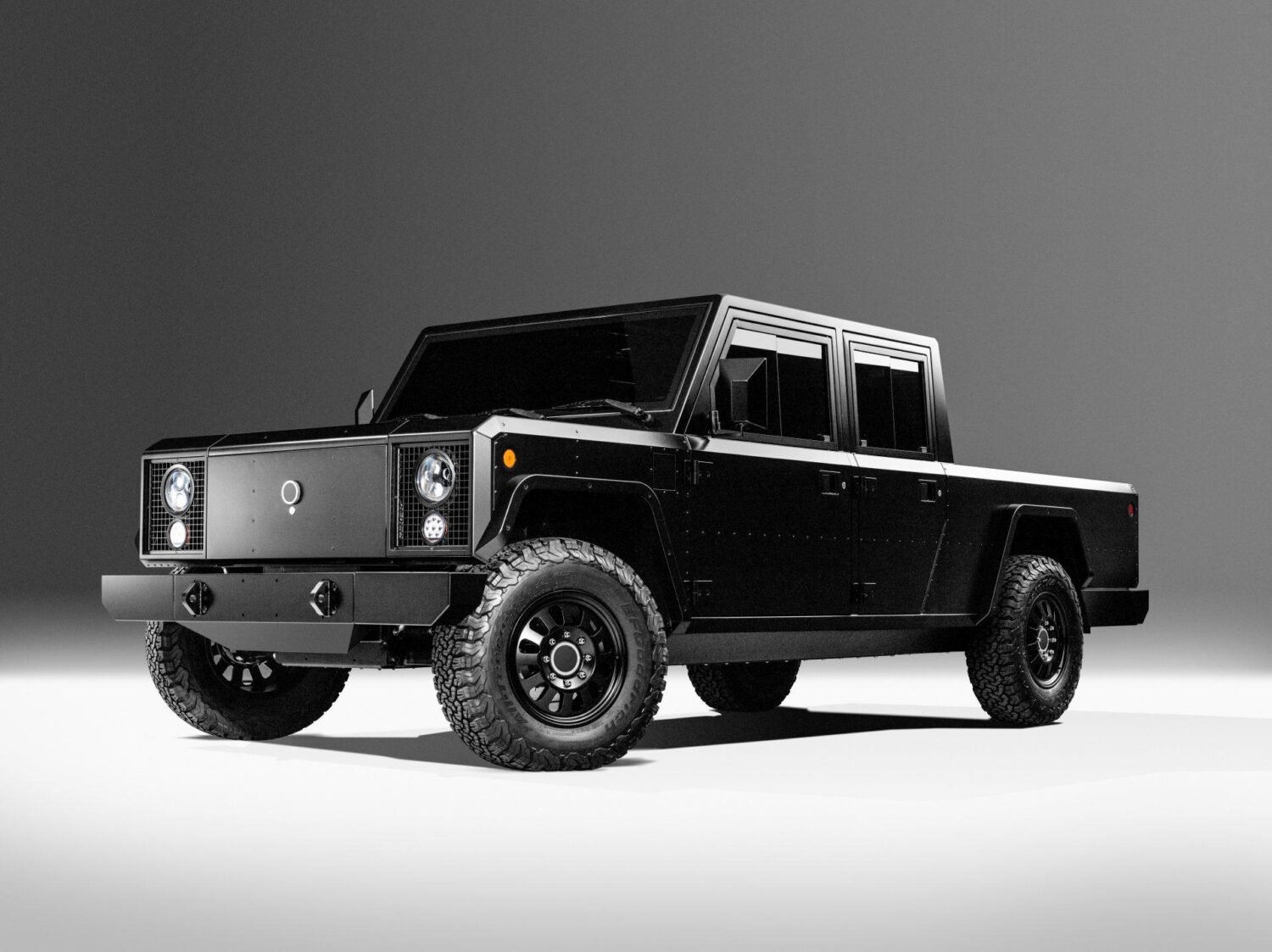
 View gallery
View gallery
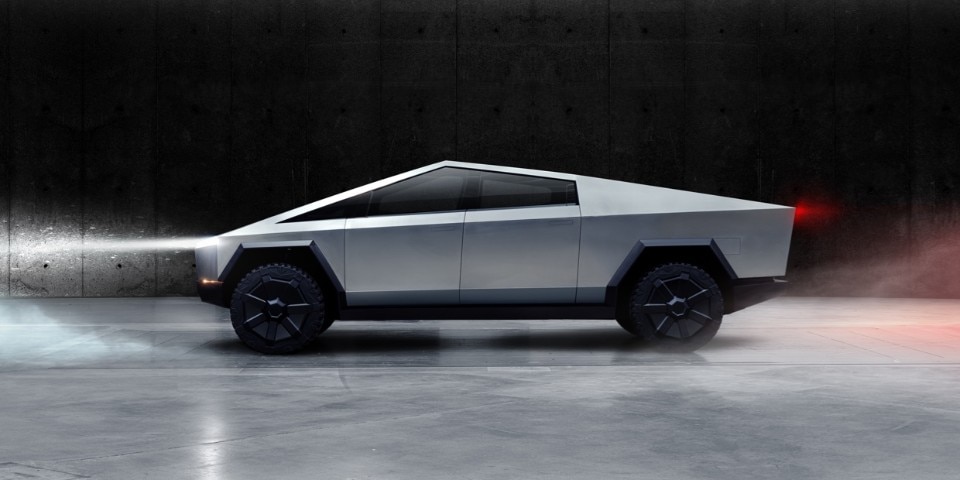
Here's the six electric pickup trucks to watch in the next two years.
Tesla Cybertruck,
Ford F-150 electric,
Rivian R1T,
GMC Hummer EV electric pickup,
Bollinger B2
Nikola Badger hybrid fuel-cell + electric
Photos courtesy of the respective manufacturers.
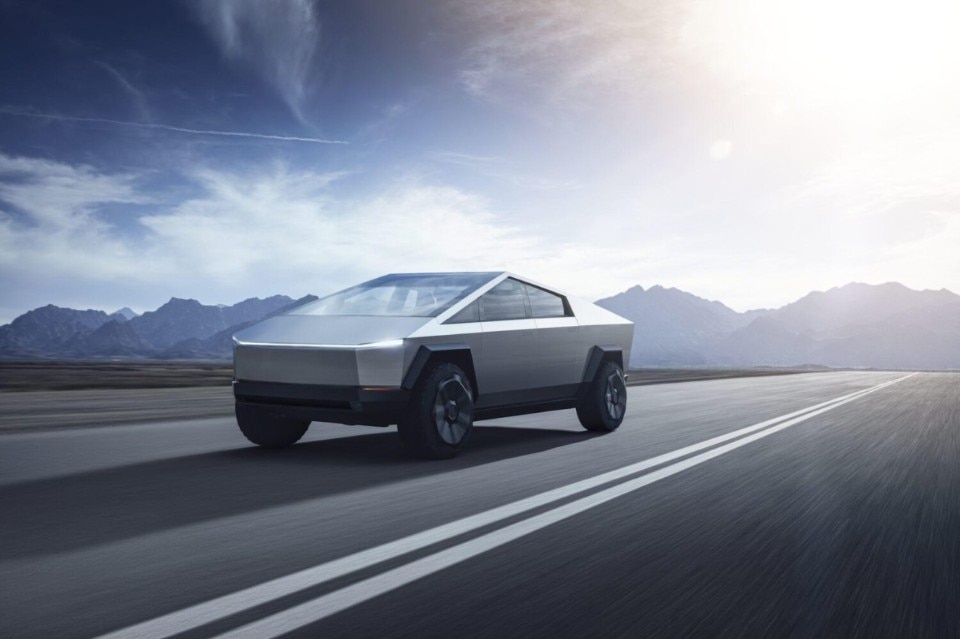
Here's the six electric pickup trucks to watch in the next two years.
Tesla Cybertruck,
Ford F-150 electric,
Rivian R1T,
GMC Hummer EV electric pickup,
Bollinger B2
Nikola Badger hybrid fuel-cell + electric
Photos courtesy of the respective manufacturers.

Here's the six electric pickup trucks to watch in the next two years.
Tesla Cybertruck,
Ford F-150 electric,
Rivian R1T,
GMC Hummer EV electric pickup,
Bollinger B2
Nikola Badger hybrid fuel-cell + electric
Photos courtesy of the respective manufacturers.
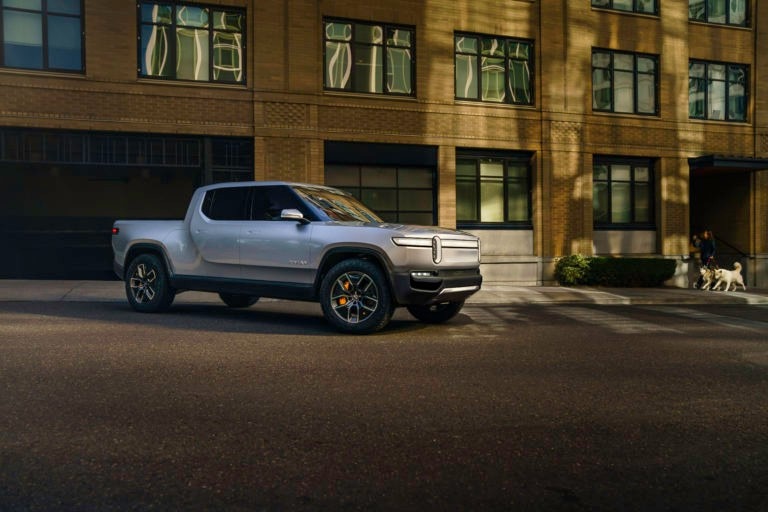
Here's the six electric pickup trucks to watch in the next two years.
Tesla Cybertruck,
Ford F-150 electric,
Rivian R1T,
GMC Hummer EV electric pickup,
Bollinger B2
Nikola Badger hybrid fuel-cell + electric
Photos courtesy of the respective manufacturers.
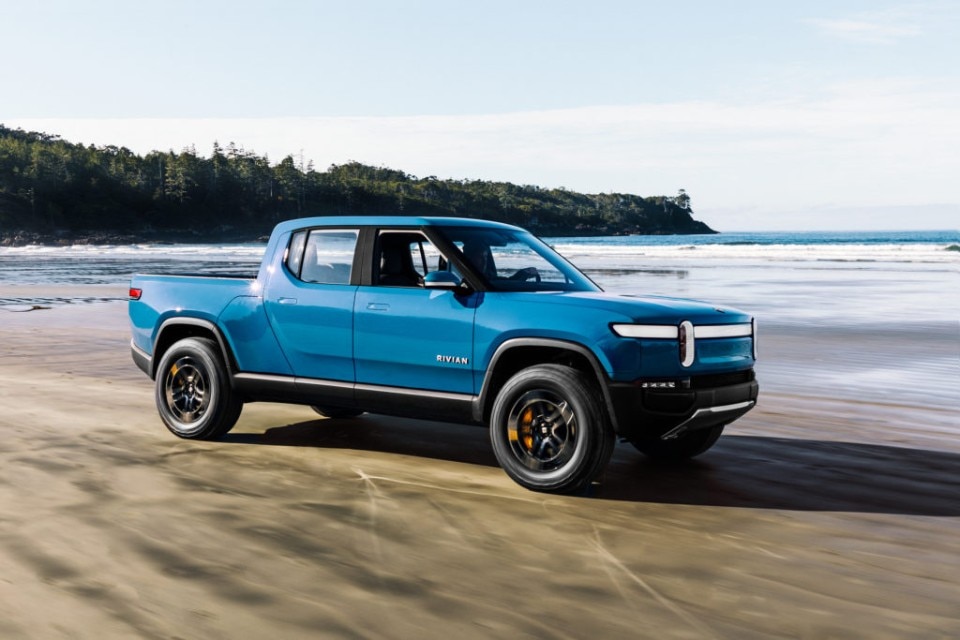
Here's the six electric pickup trucks to watch in the next two years.
Tesla Cybertruck,
Ford F-150 electric,
Rivian R1T,
GMC Hummer EV electric pickup,
Bollinger B2
Nikola Badger hybrid fuel-cell + electric
Photos courtesy of the respective manufacturers.

Here's the six electric pickup trucks to watch in the next two years.
Tesla Cybertruck,
Ford F-150 electric,
Rivian R1T,
GMC Hummer EV electric pickup,
Bollinger B2
Nikola Badger hybrid fuel-cell + electric
Photos courtesy of the respective manufacturers.
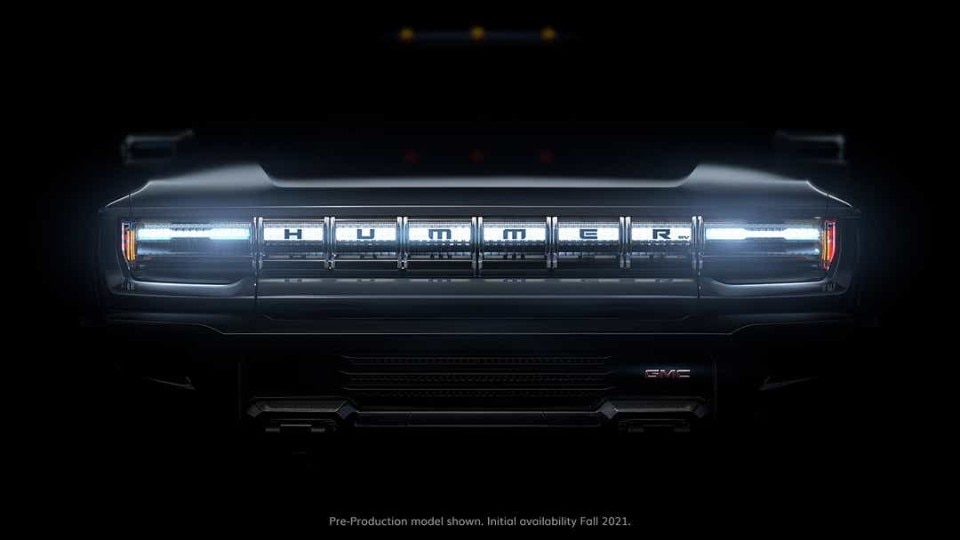
Here's the six electric pickup trucks to watch in the next two years.
Tesla Cybertruck,
Ford F-150 electric,
Rivian R1T,
GMC Hummer EV electric pickup,
Bollinger B2
Nikola Badger hybrid fuel-cell + electric
Photos courtesy of the respective manufacturers.

Here's the six electric pickup trucks to watch in the next two years.
Tesla Cybertruck,
Ford F-150 electric,
Rivian R1T,
GMC Hummer EV electric pickup,
Bollinger B2
Nikola Badger hybrid fuel-cell + electric
Photos courtesy of the respective manufacturers.
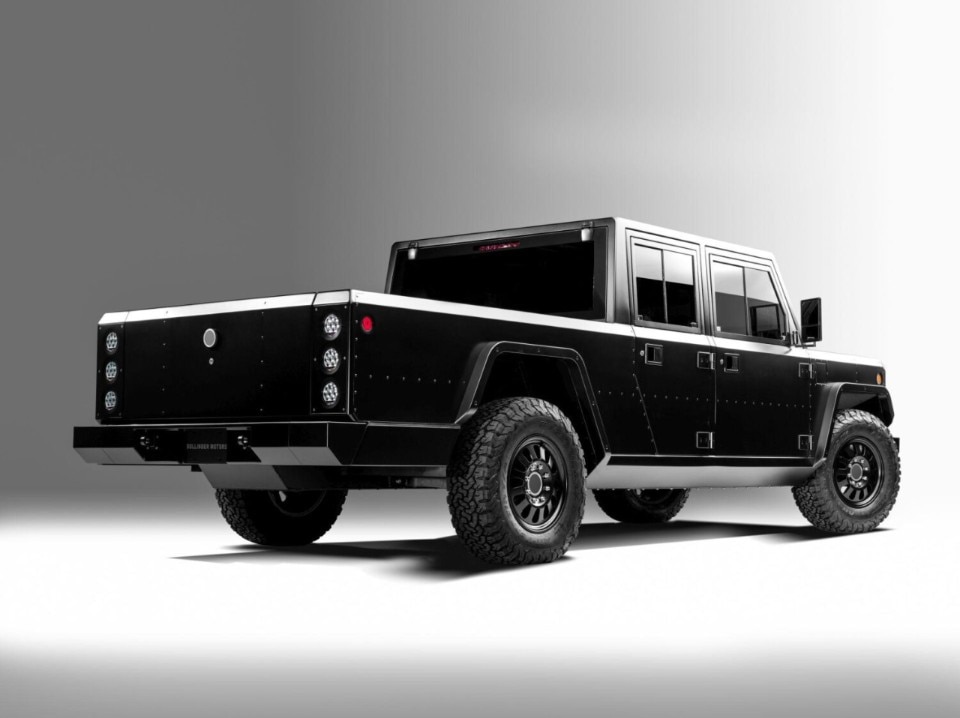
Here's the six electric pickup trucks to watch in the next two years.
Tesla Cybertruck,
Ford F-150 electric,
Rivian R1T,
GMC Hummer EV electric pickup,
Bollinger B2
Nikola Badger hybrid fuel-cell + electric
Photos courtesy of the respective manufacturers.
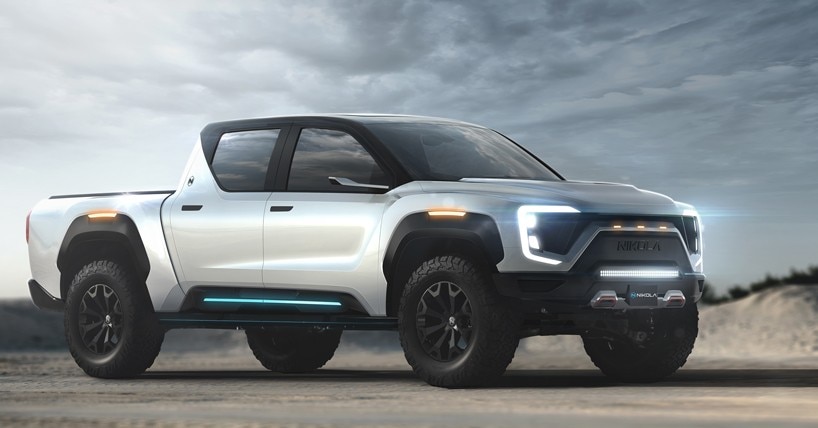
Here's the six electric pickup trucks to watch in the next two years.
Tesla Cybertruck,
Ford F-150 electric,
Rivian R1T,
GMC Hummer EV electric pickup,
Bollinger B2
Nikola Badger hybrid fuel-cell + electric
Photos courtesy of the respective manufacturers.

Here's the six electric pickup trucks to watch in the next two years.
Tesla Cybertruck,
Ford F-150 electric,
Rivian R1T,
GMC Hummer EV electric pickup,
Bollinger B2
Nikola Badger hybrid fuel-cell + electric
Photos courtesy of the respective manufacturers.

Here's the six electric pickup trucks to watch in the next two years.
Tesla Cybertruck,
Ford F-150 electric,
Rivian R1T,
GMC Hummer EV electric pickup,
Bollinger B2
Nikola Badger hybrid fuel-cell + electric
Photos courtesy of the respective manufacturers.

Here's the six electric pickup trucks to watch in the next two years.
Tesla Cybertruck,
Ford F-150 electric,
Rivian R1T,
GMC Hummer EV electric pickup,
Bollinger B2
Nikola Badger hybrid fuel-cell + electric
Photos courtesy of the respective manufacturers.

Here's the six electric pickup trucks to watch in the next two years.
Tesla Cybertruck,
Ford F-150 electric,
Rivian R1T,
GMC Hummer EV electric pickup,
Bollinger B2
Nikola Badger hybrid fuel-cell + electric
Photos courtesy of the respective manufacturers.

Here's the six electric pickup trucks to watch in the next two years.
Tesla Cybertruck,
Ford F-150 electric,
Rivian R1T,
GMC Hummer EV electric pickup,
Bollinger B2
Nikola Badger hybrid fuel-cell + electric
Photos courtesy of the respective manufacturers.

Here's the six electric pickup trucks to watch in the next two years.
Tesla Cybertruck,
Ford F-150 electric,
Rivian R1T,
GMC Hummer EV electric pickup,
Bollinger B2
Nikola Badger hybrid fuel-cell + electric
Photos courtesy of the respective manufacturers.

Here's the six electric pickup trucks to watch in the next two years.
Tesla Cybertruck,
Ford F-150 electric,
Rivian R1T,
GMC Hummer EV electric pickup,
Bollinger B2
Nikola Badger hybrid fuel-cell + electric
Photos courtesy of the respective manufacturers.

Here's the six electric pickup trucks to watch in the next two years.
Tesla Cybertruck,
Ford F-150 electric,
Rivian R1T,
GMC Hummer EV electric pickup,
Bollinger B2
Nikola Badger hybrid fuel-cell + electric
Photos courtesy of the respective manufacturers.

Here's the six electric pickup trucks to watch in the next two years.
Tesla Cybertruck,
Ford F-150 electric,
Rivian R1T,
GMC Hummer EV electric pickup,
Bollinger B2
Nikola Badger hybrid fuel-cell + electric
Photos courtesy of the respective manufacturers.

Here's the six electric pickup trucks to watch in the next two years.
Tesla Cybertruck,
Ford F-150 electric,
Rivian R1T,
GMC Hummer EV electric pickup,
Bollinger B2
Nikola Badger hybrid fuel-cell + electric
Photos courtesy of the respective manufacturers.
Tesla, Ford and a number of lesser known startups are working on electric pick-up trucks that will come out in the next couple of years to claim a new and growing segment of the EV market. Back in March we’ve selected the six most interesting contenders, including Tesla’s CyberTruck, Ford’s new electric F-150 and the brutalist Bollinger B2.
Van Moof S3 and X3
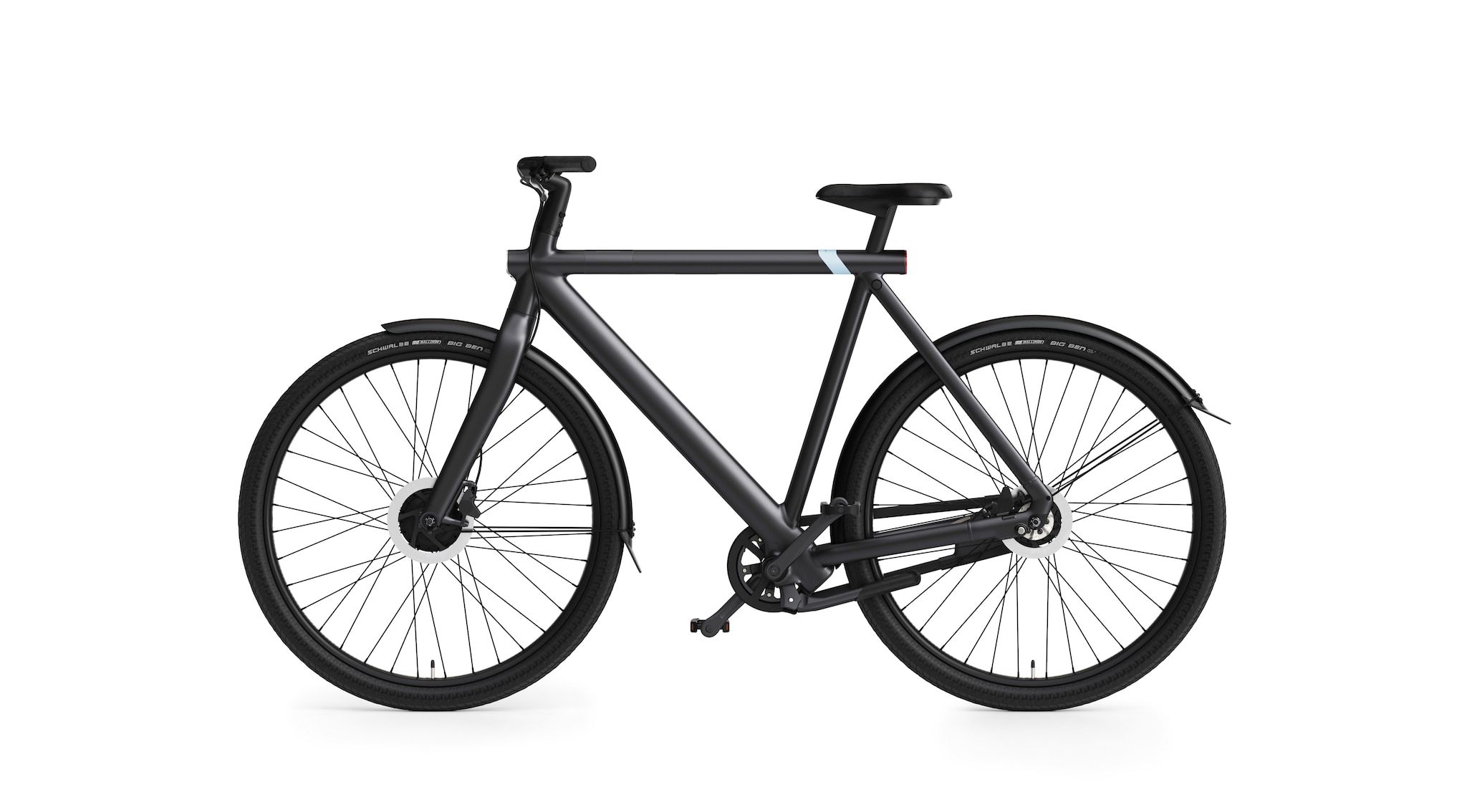
 View gallery
View gallery
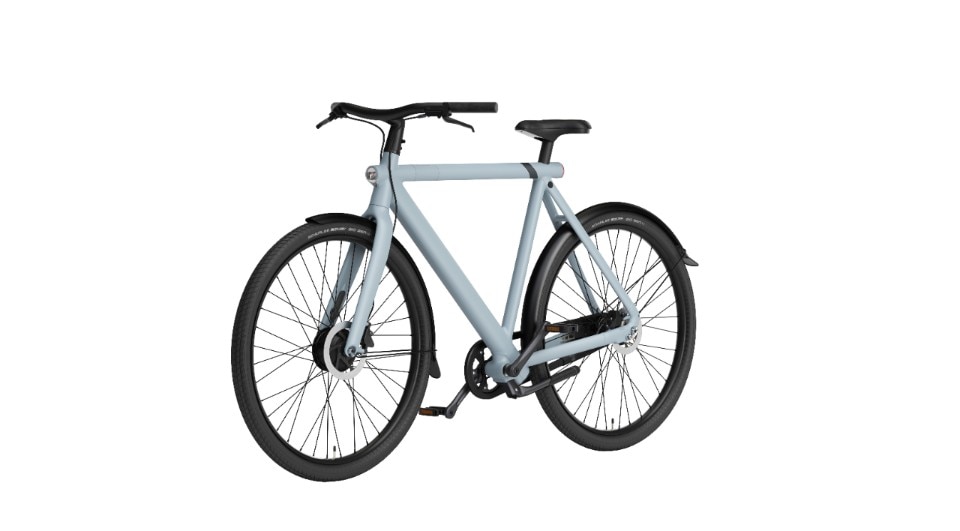
VanMoof S3 e X3 sono le due nuove ebike del brand olandese: costano meno di 2000€, per la prima volta
Photos courtesy of VanMoof
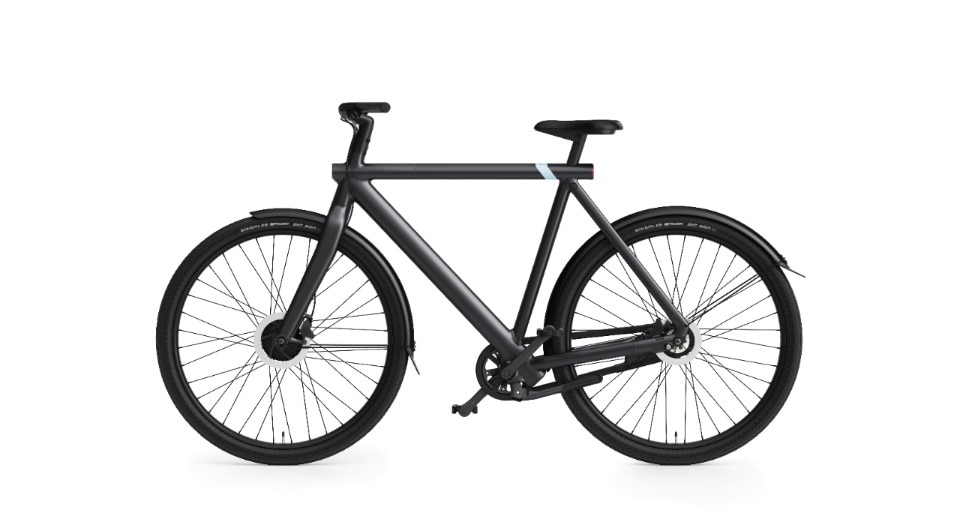
VanMoof S3 e X3 sono le due nuove ebike del brand olandese: costano meno di 2000€, per la prima volta
Photos courtesy of VanMoof
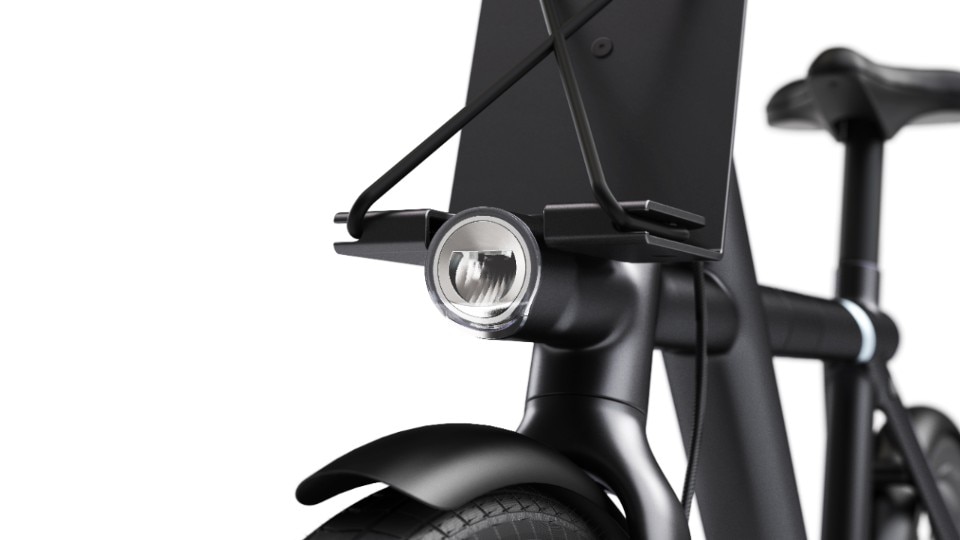
VanMoof S3 e X3 sono le due nuove ebike del brand olandese: costano meno di 2000€, per la prima volta
Photos courtesy of VanMoof
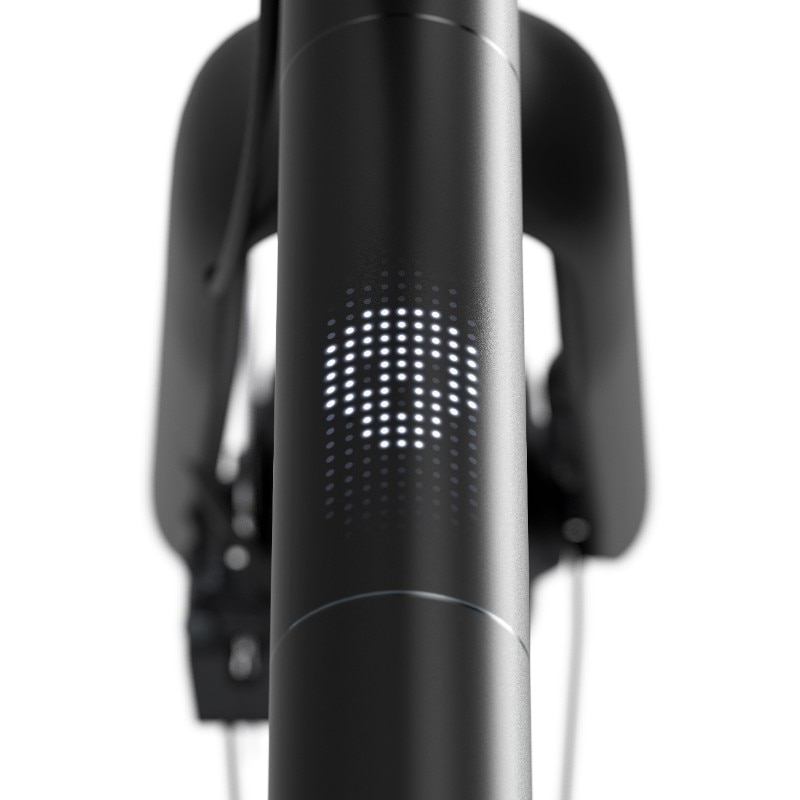
VanMoof S3 e X3 sono le due nuove ebike del brand olandese: costano meno di 2000€, per la prima volta
Photos courtesy of VanMoof
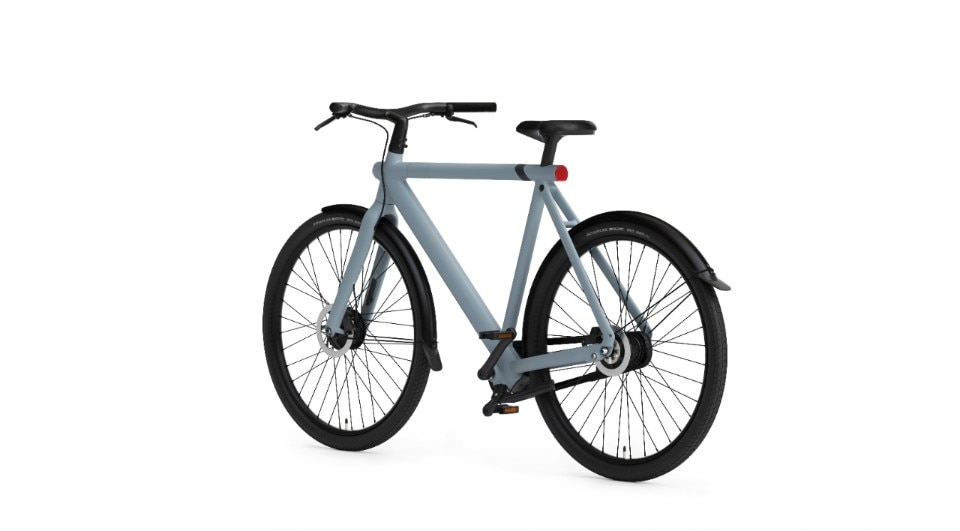
VanMoof S3 e X3 sono le due nuove ebike del brand olandese: costano meno di 2000€, per la prima volta
Photos courtesy of VanMoof
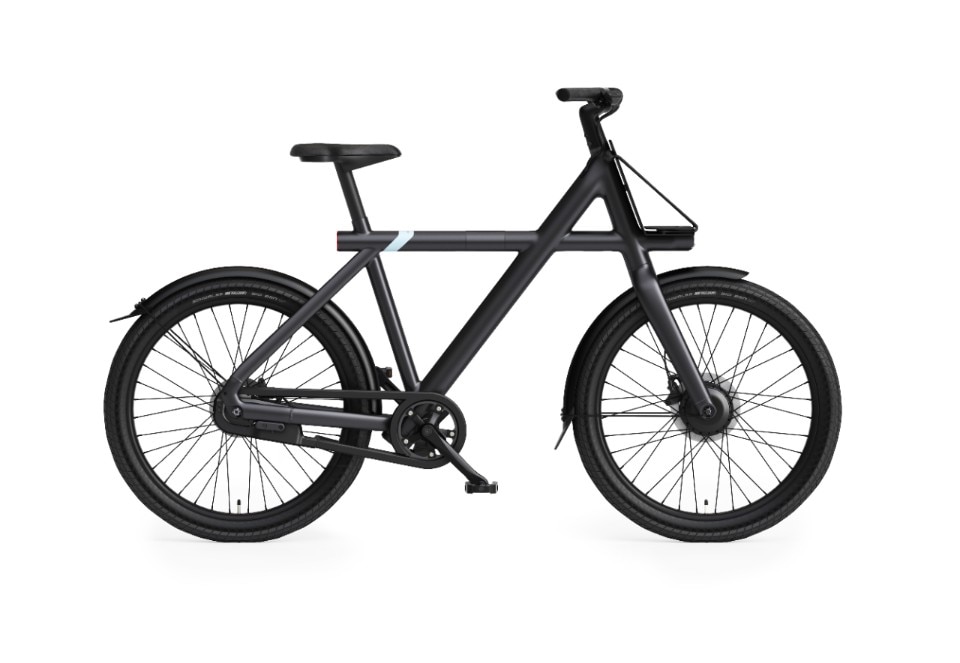
VanMoof S3 e X3 sono le due nuove ebike del brand olandese: costano meno di 2000€, per la prima volta
Photos courtesy of VanMoof
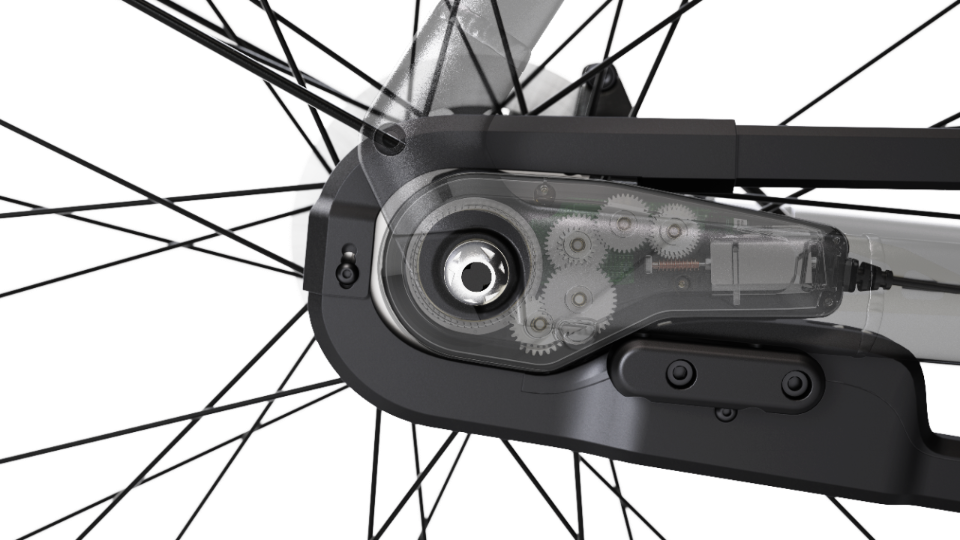
VanMoof S3 e X3 sono le due nuove ebike del brand olandese: costano meno di 2000€, per la prima volta
Photos courtesy of VanMoof
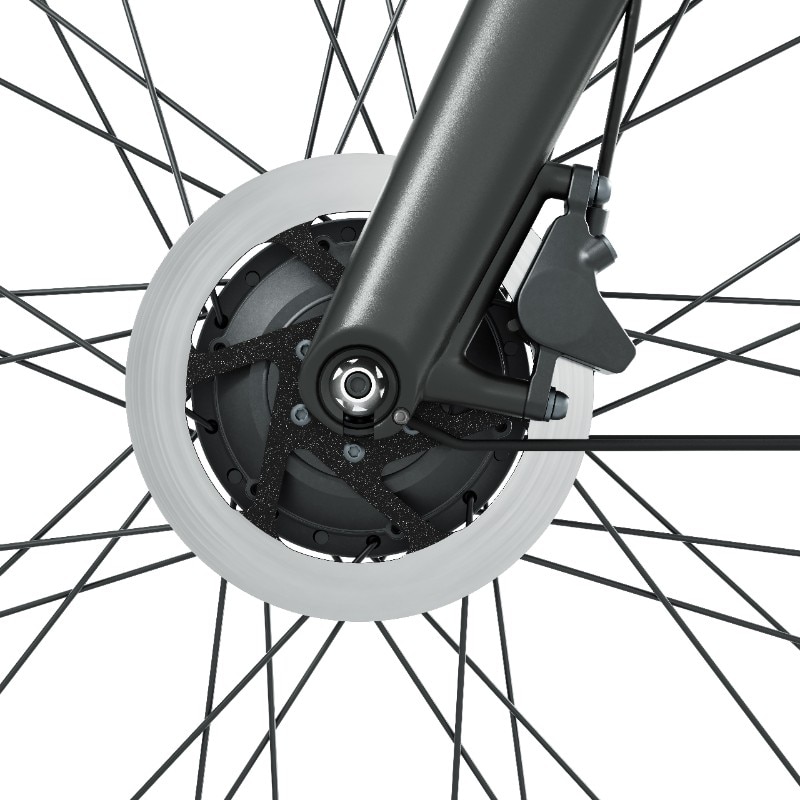
VanMoof S3 e X3 sono le due nuove ebike del brand olandese: costano meno di 2000€, per la prima volta
Photos courtesy of VanMoof

VanMoof S3 e X3 sono le due nuove ebike del brand olandese: costano meno di 2000€, per la prima volta
Photos courtesy of VanMoof

VanMoof S3 e X3 sono le due nuove ebike del brand olandese: costano meno di 2000€, per la prima volta
Photos courtesy of VanMoof

VanMoof S3 e X3 sono le due nuove ebike del brand olandese: costano meno di 2000€, per la prima volta
Photos courtesy of VanMoof

VanMoof S3 e X3 sono le due nuove ebike del brand olandese: costano meno di 2000€, per la prima volta
Photos courtesy of VanMoof

VanMoof S3 e X3 sono le due nuove ebike del brand olandese: costano meno di 2000€, per la prima volta
Photos courtesy of VanMoof

VanMoof S3 e X3 sono le due nuove ebike del brand olandese: costano meno di 2000€, per la prima volta
Photos courtesy of VanMoof

VanMoof S3 e X3 sono le due nuove ebike del brand olandese: costano meno di 2000€, per la prima volta
Photos courtesy of VanMoof

VanMoof S3 e X3 sono le due nuove ebike del brand olandese: costano meno di 2000€, per la prima volta
Photos courtesy of VanMoof
In April 2020 the Dutch brand Van Moof introduced two new ebike models, the S3 and X3. They’re an evolution of the S2 and X2 launched in 2018 and pack a re-engineered system inside a frame with a quite similar design to the previous generation. The real news was (and still is) the price: for the first time both bikes are available for less than 2000€. There couldn’t be a better time for Van Moof to introduce its new bikes, as demand for e-bikes and sustainable vehicle for local transportation skyrocketed during the pandemic. In early December the company reported that sales tripled year-over-year.
Ora ïto’s new Marseille Metro

 View gallery
View gallery
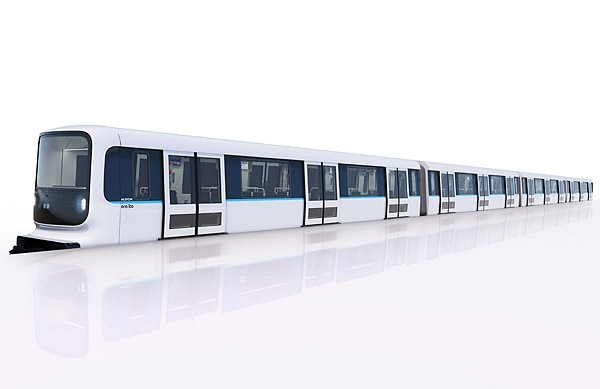
French Designer Ora ïto has been chosen to design the trains of the new Aix-Marseille-Provence metro line, which will be put in operation in 2024
Photos courtesy of Ora ïto

French Designer Ora ïto has been chosen to design the trains of the new Aix-Marseille-Provence metro line, which will be put in operation in 2024
Photos courtesy of Ora ïto

French Designer Ora ïto has been chosen to design the trains of the new Aix-Marseille-Provence metro line, which will be put in operation in 2024
Photos courtesy of Ora ïto
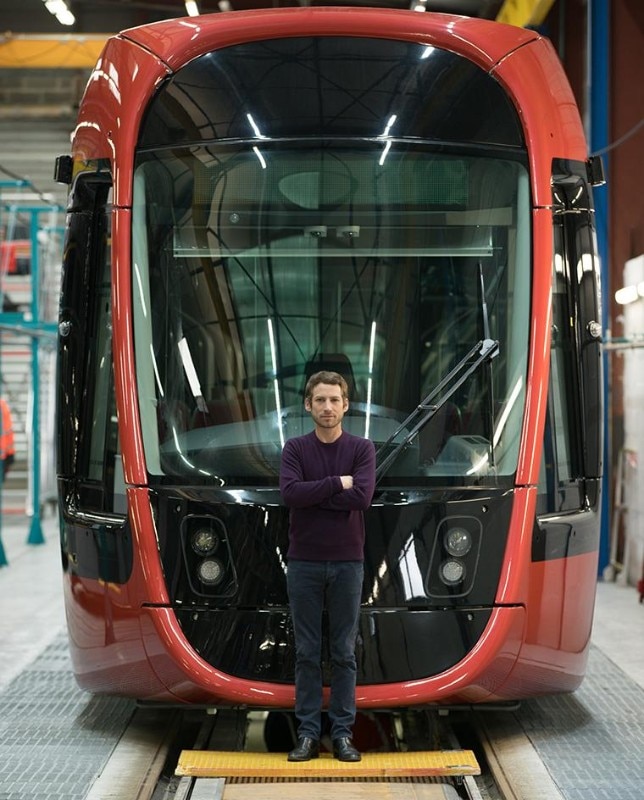
Ora Ïto
Ito Morabito, the designer who goes by the Moniker Ora ïto, poses in front of one of the vehicles he designed for the new tram line in Nice.

French Designer Ora ïto has been chosen to design the trains of the new Aix-Marseille-Provence metro line, which will be put in operation in 2024
Photos courtesy of Ora ïto

French Designer Ora ïto has been chosen to design the trains of the new Aix-Marseille-Provence metro line, which will be put in operation in 2024
Photos courtesy of Ora ïto

French Designer Ora ïto has been chosen to design the trains of the new Aix-Marseille-Provence metro line, which will be put in operation in 2024
Photos courtesy of Ora ïto

Ora Ïto
Ito Morabito, the designer who goes by the Moniker Ora ïto, poses in front of one of the vehicles he designed for the new tram line in Nice.
Acclaimed designer Ora ïto is working on the project for the new metro trains that will be installed in Marseille in 2024. The new line will be implemented by Alstom, a well-known name in the metro-train industry, which already worked with Ora ïto for the Nice tramway a few years back. The new trains have a soft, boxy look that seems to draw inspiration from the depiction of vehicles in anime movies: it perfectly embodies Ora ïto’s concept of “simplexity” and the technofuturistic look of his creations.
Ora ïto, again, but this time on a bycicle
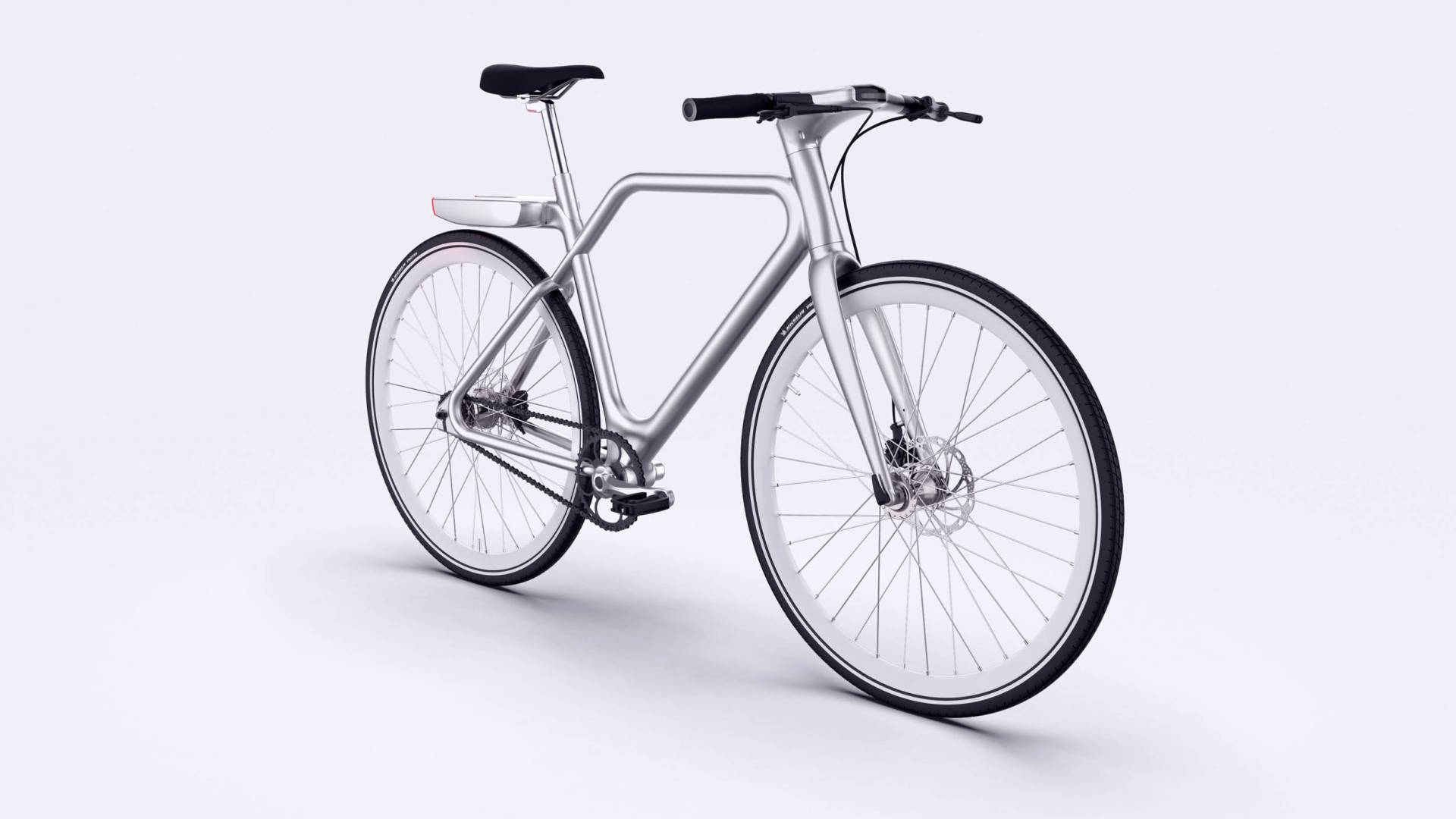
 View gallery
View gallery
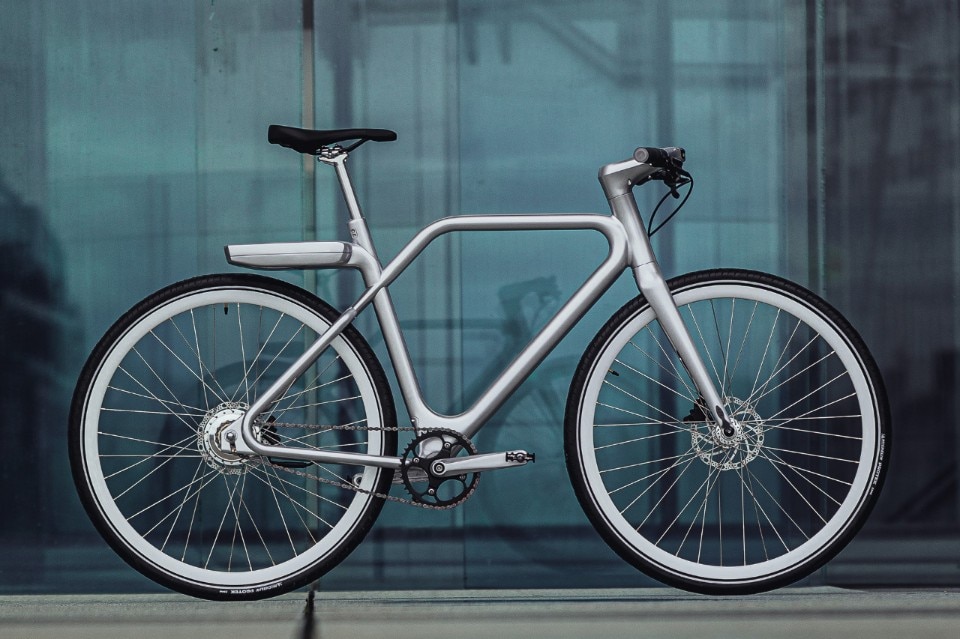
Angell is a new much-awaited e-bike from Marc Simoncini and designer Ora ïto
Photos courtesy of Angell

Angell is a new much-awaited e-bike from Marc Simoncini and designer Ora ïto
Photos courtesy of Angell

Angell is a new much-awaited e-bike from Marc Simoncini and designer Ora ïto
Photos courtesy of Angell
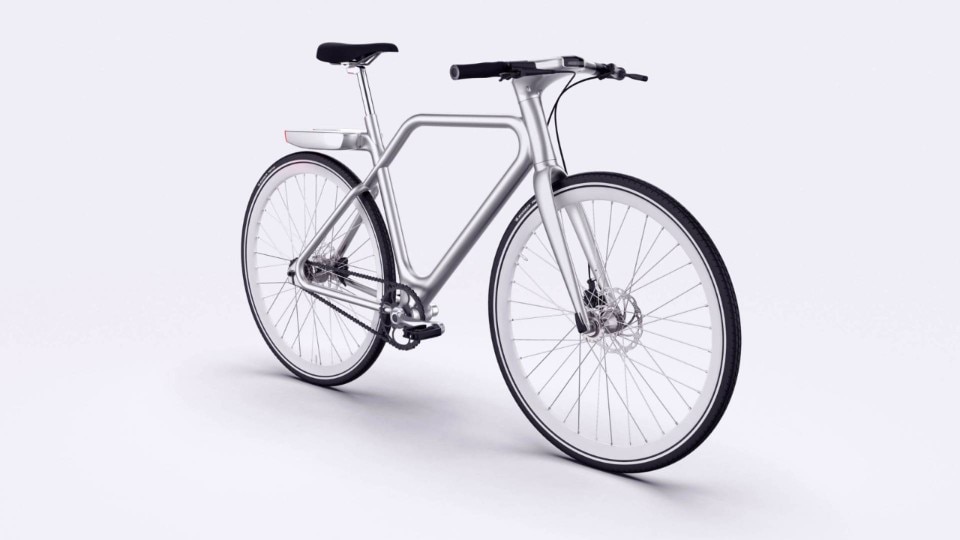
Angell is a new much-awaited e-bike from Marc Simoncini and designer Ora ïto
Photos courtesy of Angell
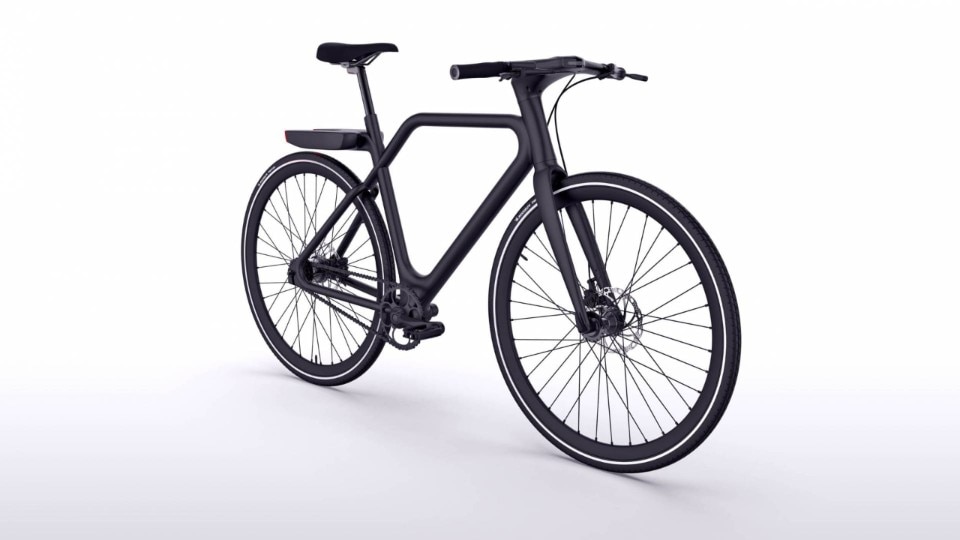
Angell is a new much-awaited e-bike from Marc Simoncini and designer Ora ïto
Photos courtesy of Angell
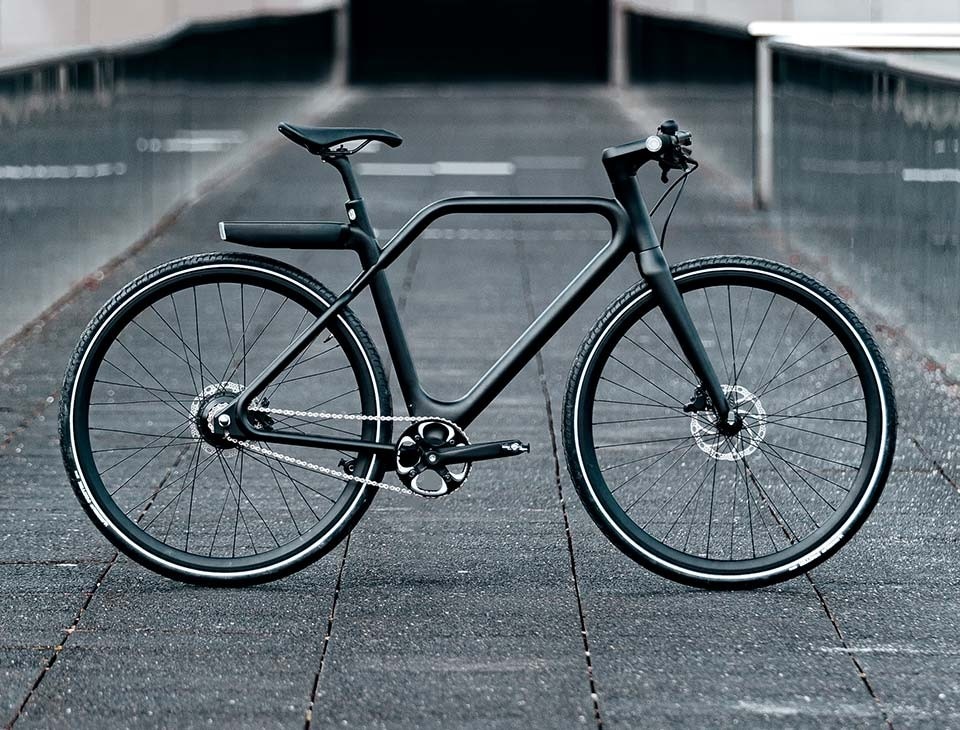
Angell is a new much-awaited e-bike from Marc Simoncini and designer Ora ïto
Photos courtesy of Angell
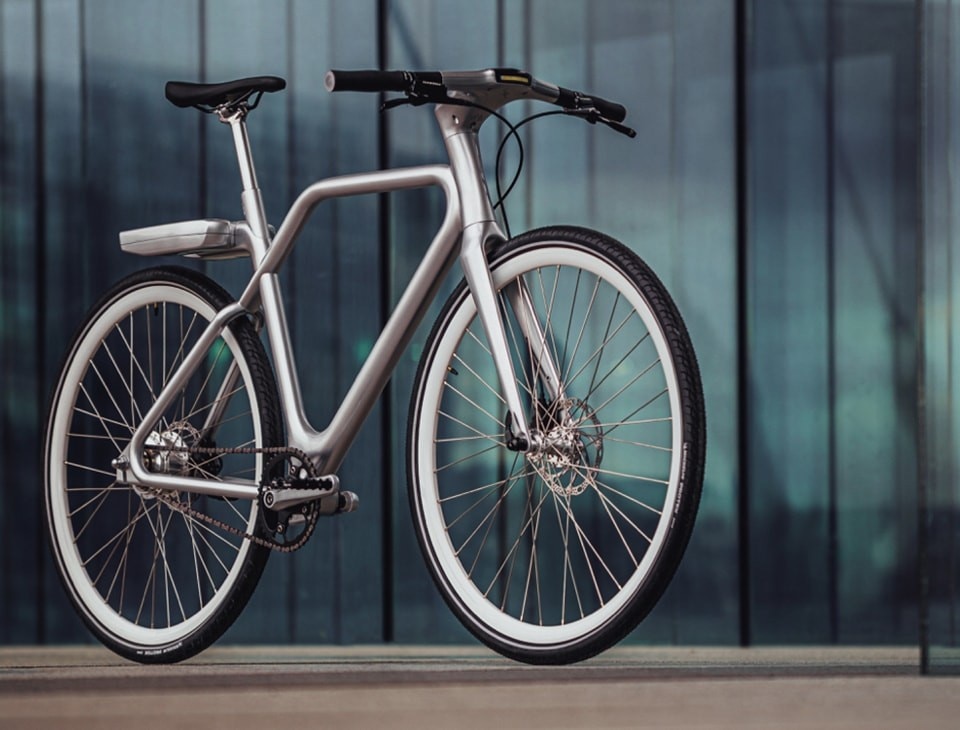
Angell is a new much-awaited e-bike from Marc Simoncini and designer Ora ïto
Photos courtesy of Angell

Angell is a new much-awaited e-bike from Marc Simoncini and designer Ora ïto
Photos courtesy of Angell

Angell is a new much-awaited e-bike from Marc Simoncini and designer Ora ïto
Photos courtesy of Angell

Angell is a new much-awaited e-bike from Marc Simoncini and designer Ora ïto
Photos courtesy of Angell

Angell is a new much-awaited e-bike from Marc Simoncini and designer Ora ïto
Photos courtesy of Angell

Angell is a new much-awaited e-bike from Marc Simoncini and designer Ora ïto
Photos courtesy of Angell

Angell is a new much-awaited e-bike from Marc Simoncini and designer Ora ïto
Photos courtesy of Angell

Angell is a new much-awaited e-bike from Marc Simoncini and designer Ora ïto
Photos courtesy of Angell
Back in 2017, French designer Ora ïto and Meetic founder Marc Simoncini partnered to create a new e-bike that would mix a smooth, ïto-esque design, and a digital control system. The result of their partnership is called Angell, and the bike went finally on sale last July. It’s been well received, although with a starting price close to 3000€ it won’t eat VanMoof’s lunch anytime soon.
City Hawk, the flying car that looks like a DeLorean
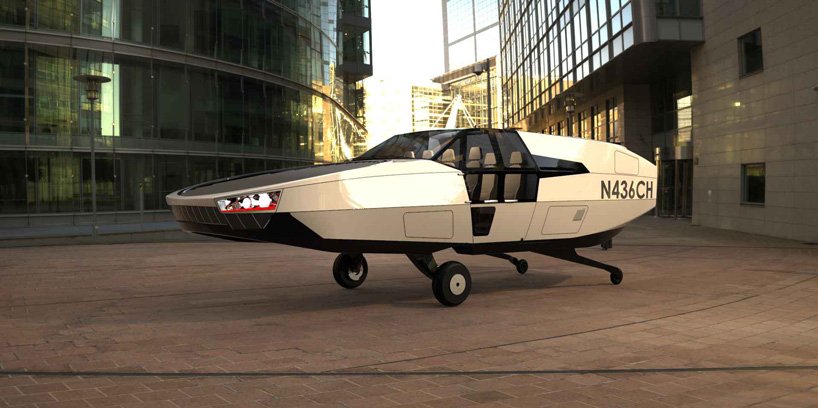
 View gallery
View gallery
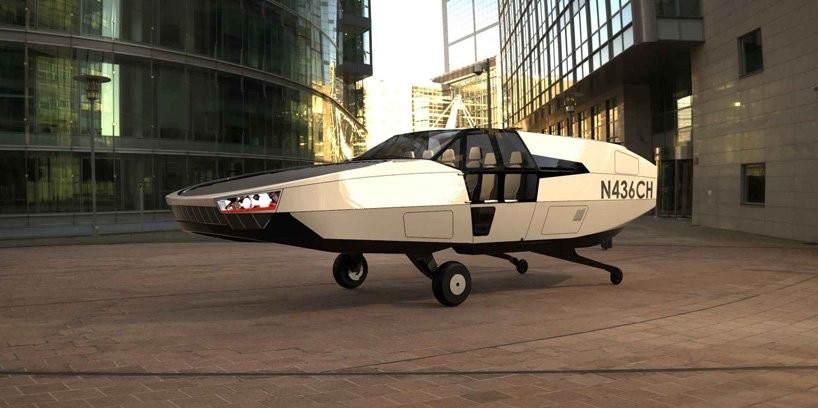
The City Hawk flying car will buzz over our heads as soon as hydrogen fuel cell technology will make it possible to build one.
Photos courtesy of Metro Skyways.
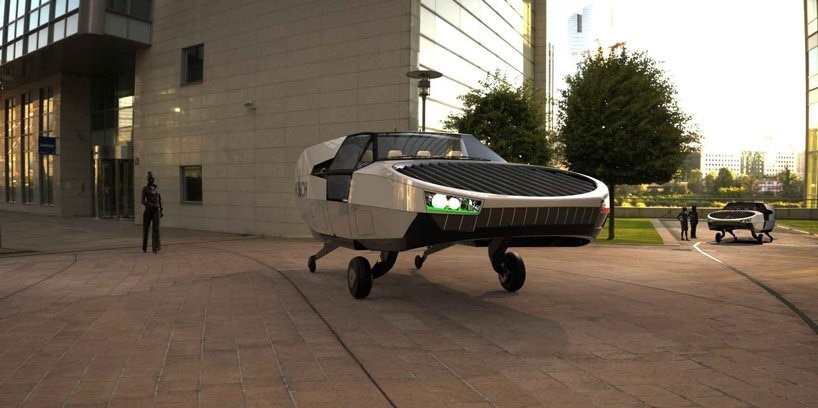
The City Hawk flying car will buzz over our heads as soon as hydrogen fuel cell technology will make it possible to build one.
Photos courtesy of Metro Skyways.
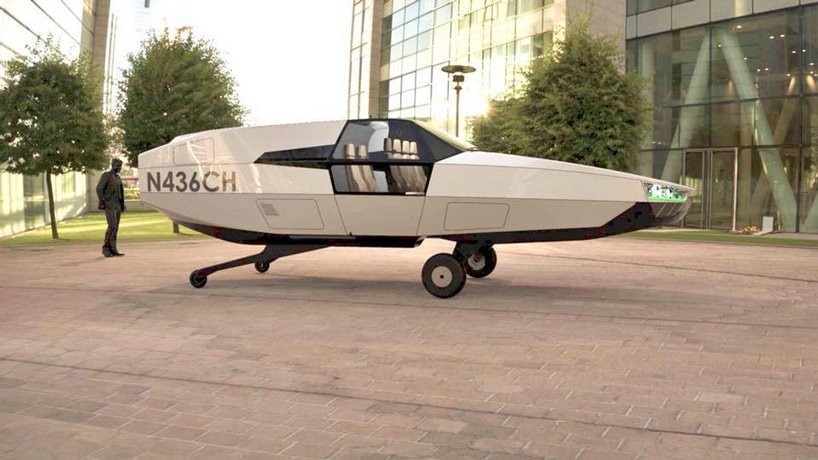
The City Hawk flying car will buzz over our heads as soon as hydrogen fuel cell technology will make it possible to build one.
Photos courtesy of Metro Skyways.
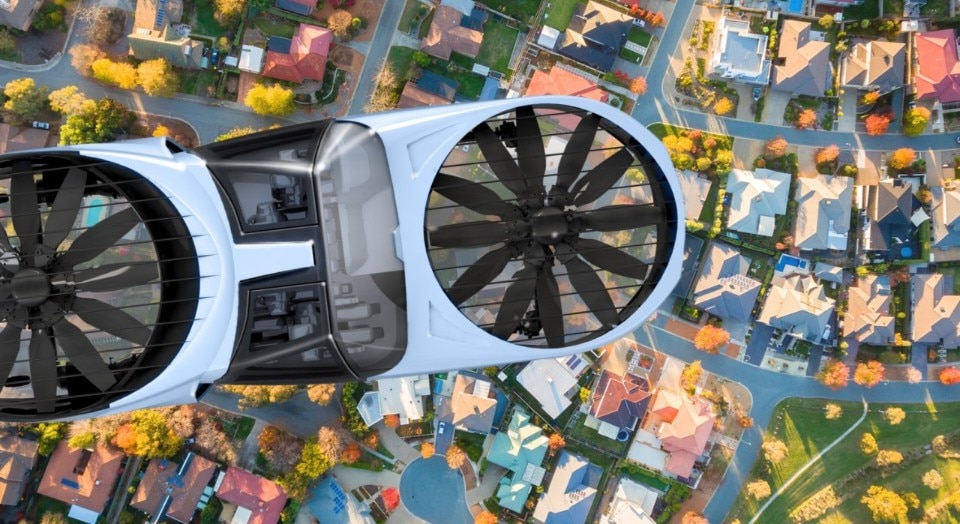
The City Hawk flying car will buzz over our heads as soon as hydrogen fuel cell technology will make it possible to build one.
Photos courtesy of Metro Skyways.
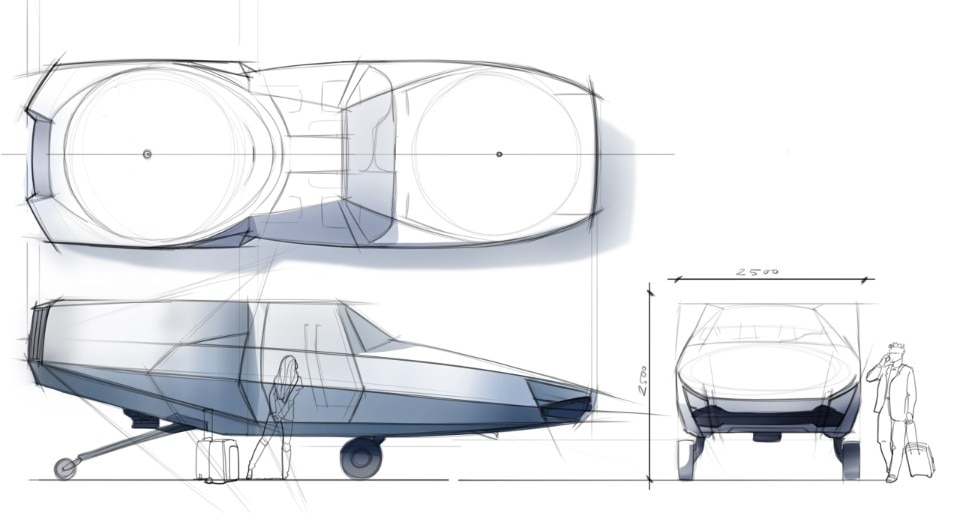
The City Hawk flying car will buzz over our heads as soon as hydrogen fuel cell technology will make it possible to build one.
Photos courtesy of Metro Skyways.

The City Hawk flying car will buzz over our heads as soon as hydrogen fuel cell technology will make it possible to build one.
Photos courtesy of Metro Skyways.

The City Hawk flying car will buzz over our heads as soon as hydrogen fuel cell technology will make it possible to build one.
Photos courtesy of Metro Skyways.

The City Hawk flying car will buzz over our heads as soon as hydrogen fuel cell technology will make it possible to build one.
Photos courtesy of Metro Skyways.

The City Hawk flying car will buzz over our heads as soon as hydrogen fuel cell technology will make it possible to build one.
Photos courtesy of Metro Skyways.

The City Hawk flying car will buzz over our heads as soon as hydrogen fuel cell technology will make it possible to build one.
Photos courtesy of Metro Skyways.

The City Hawk flying car will buzz over our heads as soon as hydrogen fuel cell technology will make it possible to build one.
Photos courtesy of Metro Skyways.

The City Hawk flying car will buzz over our heads as soon as hydrogen fuel cell technology will make it possible to build one.
Photos courtesy of Metro Skyways.
Metro Skyways, a subsidiary of Israeli aviation startup UrbanAero, has come up with a fascinating concept for a flying car that looks like a cross between a helicopter and a DeLorean. It’s called CityHawk and it’s technically an eVTOL vehicle, i.e. an electric Vertical Takeoff and Landing aircraft. The car is still just a concept, but only because the fuel cell tech to make it real is not there yet. A first prototype based on a hybrid propulsion system that uses regular aviation fuel has already flown its maiden flight.
Urbet Ego, the steampunk e-scooter
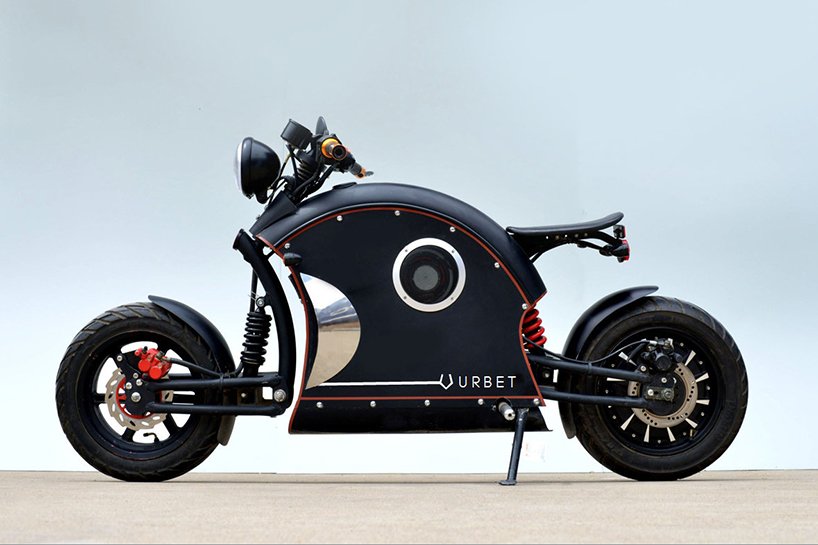
 View gallery
View gallery
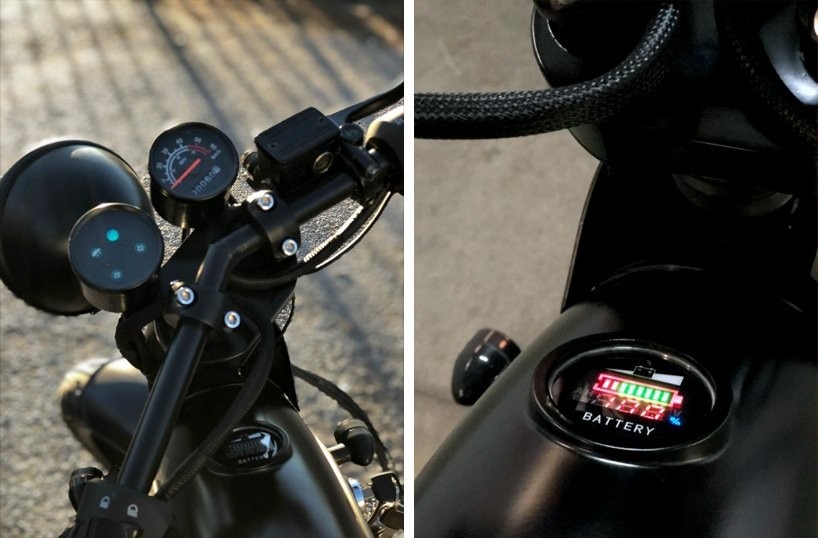
Urbet Ego is a new electric scooter with an interesting steampunk flair
Photos courtesy of Urbet
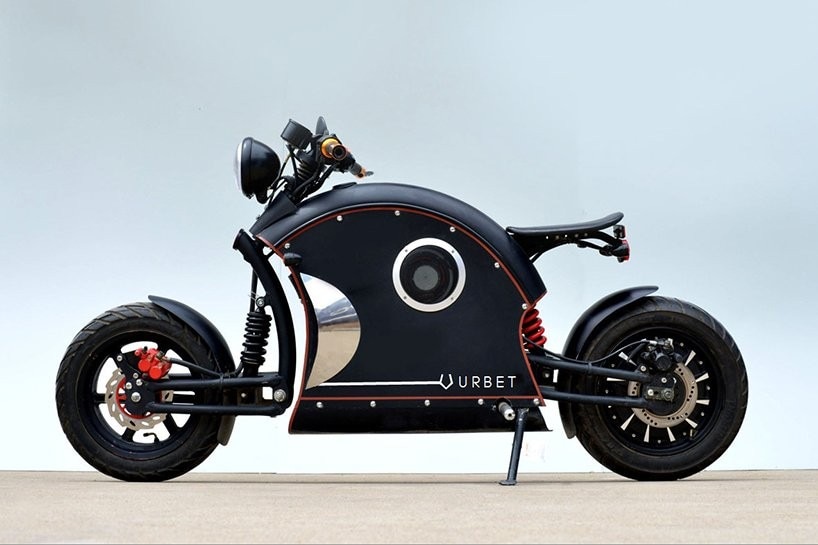
Urbet Ego is a new electric scooter with an interesting steampunk flair
Photos courtesy of Urbet
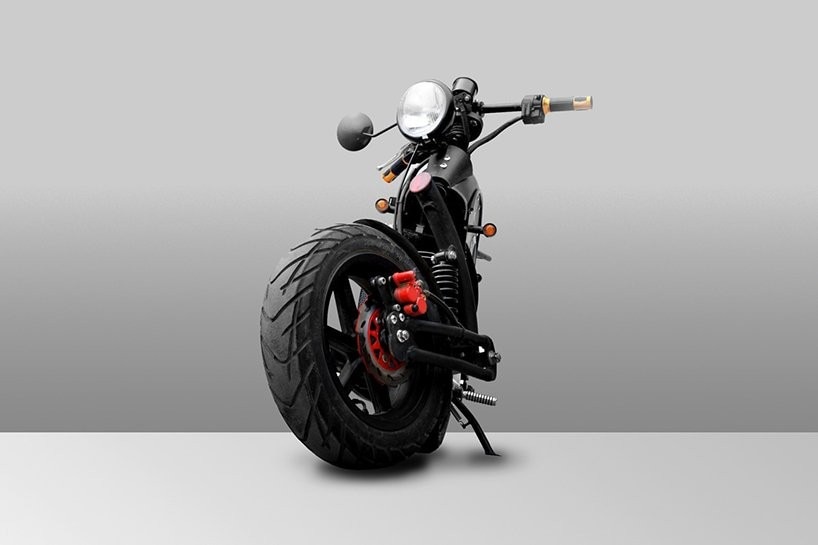
Urbet Ego is a new electric scooter with an interesting steampunk flair
Photos courtesy of Urbet
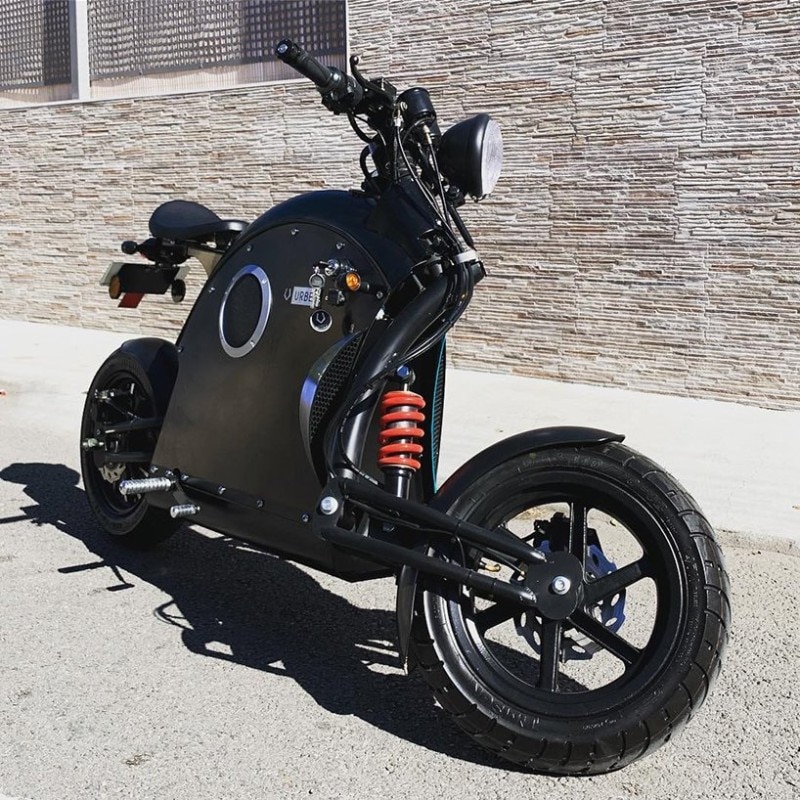
Urbet Ego is a new electric scooter with an interesting steampunk flair
Photos courtesy of Urbet
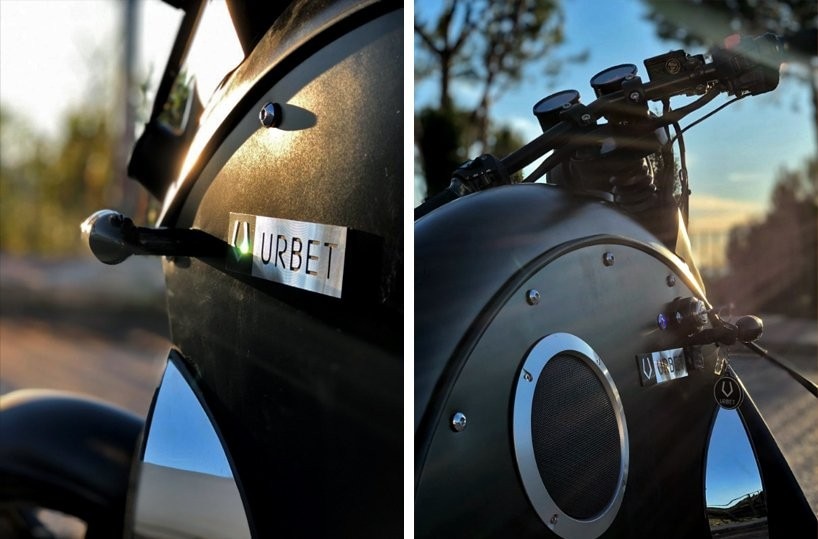
Urbet Ego is a new electric scooter with an interesting steampunk flair
Photos courtesy of Urbet

Urbet Ego is a new electric scooter with an interesting steampunk flair
Photos courtesy of Urbet

Urbet Ego is a new electric scooter with an interesting steampunk flair
Photos courtesy of Urbet

Urbet Ego is a new electric scooter with an interesting steampunk flair
Photos courtesy of Urbet

Urbet Ego is a new electric scooter with an interesting steampunk flair
Photos courtesy of Urbet

Urbet Ego is a new electric scooter with an interesting steampunk flair
Photos courtesy of Urbet
Earlier this year, the Spanish electric mobility company Urbet launched the Ego, a crossover between an electric moped and a motorbike with an aggressive steampunk design. The Ego is compact and lightweight (72Kg) but the 3000 Watt battery under the hood offers a range of 120Km on a single charge (7 hours on average), while the max-speed is 90km/h.
What really sets Ego apart, though, is the bold and brutal design, with a monolithic central body attached to two hubless wheels and a suspended saddle: we love it. The Ego is available from Urbet’s website, with a starting price of 2480€.
Island Tram by Ponti Design Studio
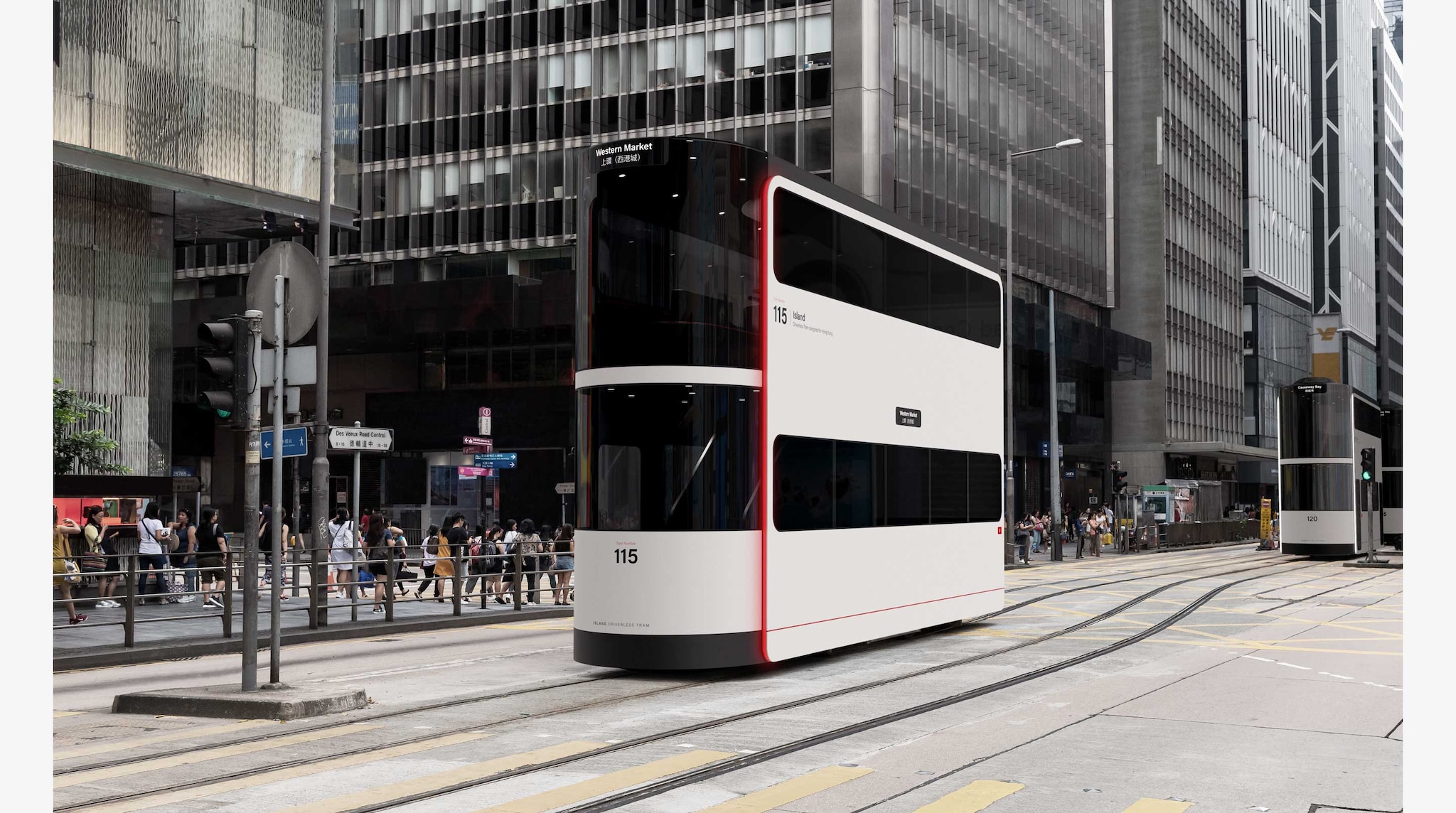
 View gallery
View gallery
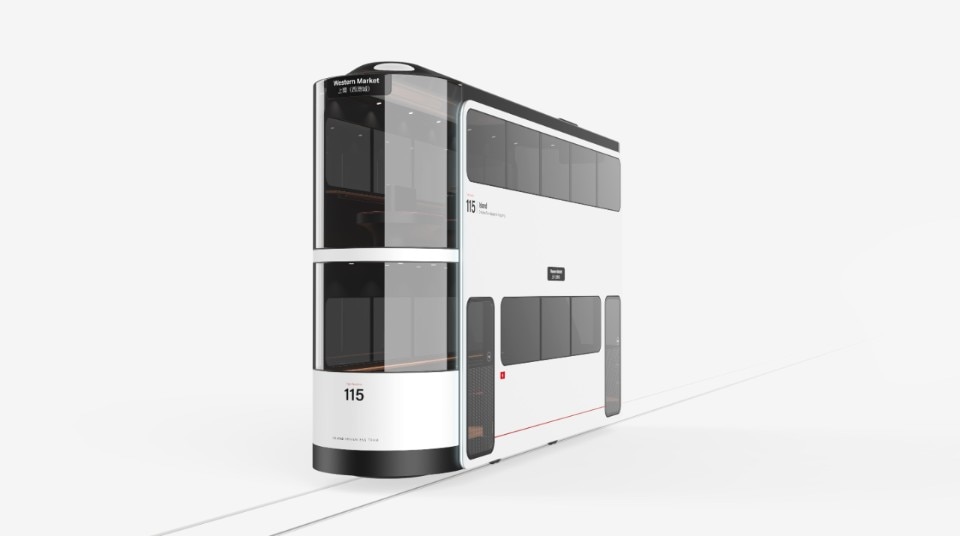
Island is a tram for the Hong Kong metroways that would make social distancing easy even on public transport
Photos courtesy of Studio Andrea Ponti

Island is a tram for the Hong Kong metroways that would make social distancing easy even on public transport
Photos courtesy of Studio Andrea Ponti
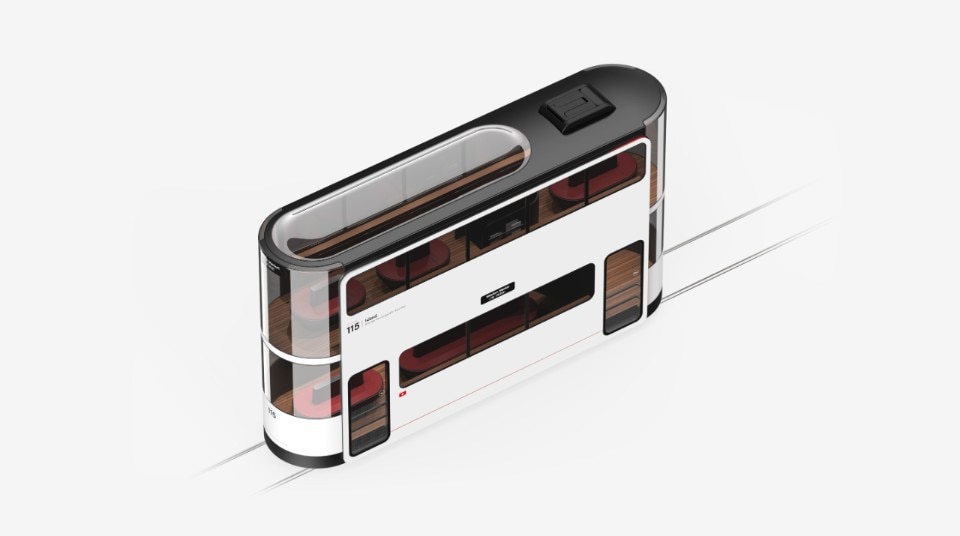
Island is a tram for the Hong Kong metroways that would make social distancing easy even on public transport
Photos courtesy of Studio Andrea Ponti
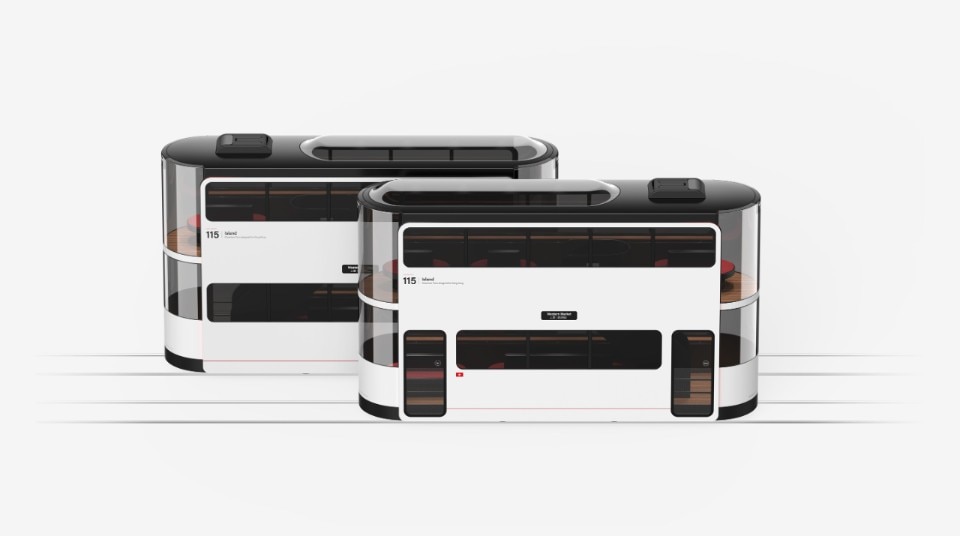
Island is a tram for the Hong Kong metroways that would make social distancing easy even on public transport
Photos courtesy of Studio Andrea Ponti
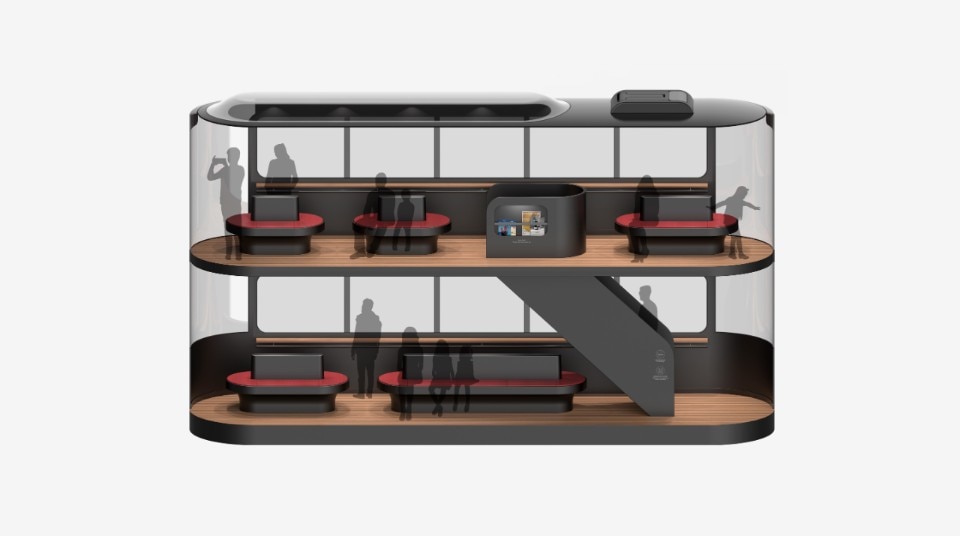
Island is a tram for the Hong Kong metroways that would make social distancing easy even on public transport
Photos courtesy of Studio Andrea Ponti
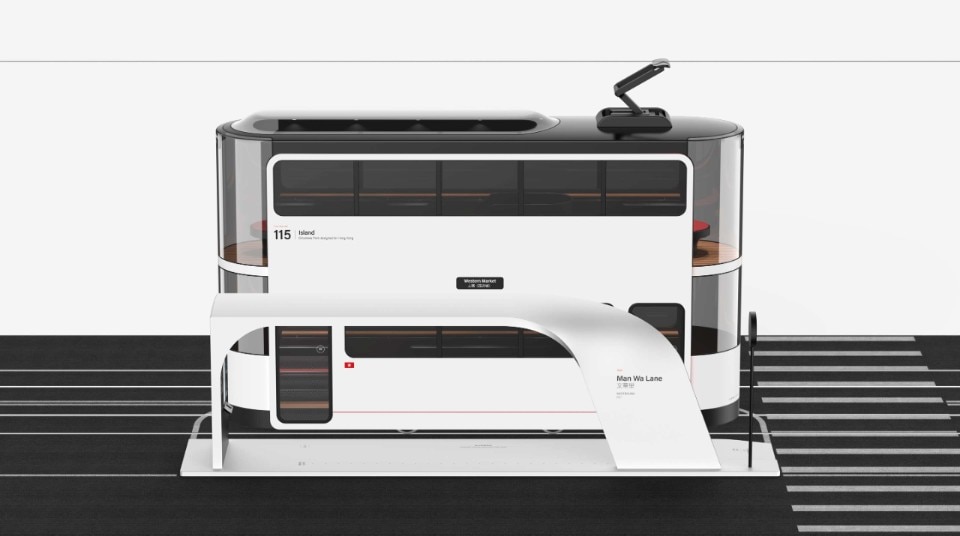
Island is a tram for the Hong Kong metroways that would make social distancing easy even on public transport
Photos courtesy of Studio Andrea Ponti
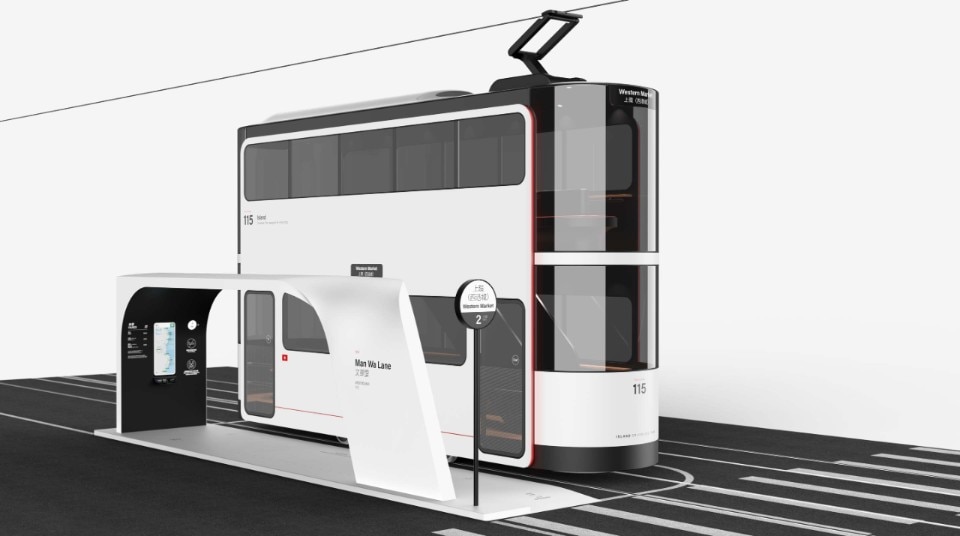
Island is a tram for the Hong Kong metroways that would make social distancing easy even on public transport
Photos courtesy of Studio Andrea Ponti
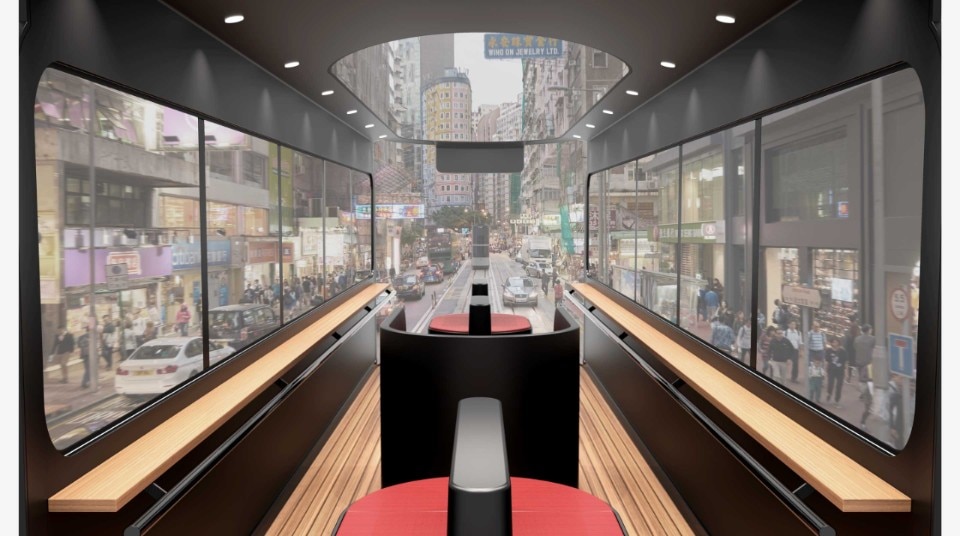
Island is a tram for the Hong Kong metroways that would make social distancing easy even on public transport
Photos courtesy of Studio Andrea Ponti

Island is a tram for the Hong Kong metroways that would make social distancing easy even on public transport
Photos courtesy of Studio Andrea Ponti

Island is a tram for the Hong Kong metroways that would make social distancing easy even on public transport
Photos courtesy of Studio Andrea Ponti

Island is a tram for the Hong Kong metroways that would make social distancing easy even on public transport
Photos courtesy of Studio Andrea Ponti

Island is a tram for the Hong Kong metroways that would make social distancing easy even on public transport
Photos courtesy of Studio Andrea Ponti

Island is a tram for the Hong Kong metroways that would make social distancing easy even on public transport
Photos courtesy of Studio Andrea Ponti

Island is a tram for the Hong Kong metroways that would make social distancing easy even on public transport
Photos courtesy of Studio Andrea Ponti

Island is a tram for the Hong Kong metroways that would make social distancing easy even on public transport
Photos courtesy of Studio Andrea Ponti

Island is a tram for the Hong Kong metroways that would make social distancing easy even on public transport
Photos courtesy of Studio Andrea Ponti
Trams have been one of the city landmarks in Hong Kong for more than a century. To celebrate the 115th anniversary of Hong Kong’s tramways, Ponti Design Studio came up with the concept of a new double decker streetcar that could help passengers keep the proper physical distance to avoid the threat of a Covid-19 infection. The tram’s name, Island, is a reference to the “seating islands” that have passengers seating outwards and make it easier to move through the two-story vehicle in an orderly flow without much contact with other people.
The Electric Hummer

 View gallery
View gallery

The Hummer is back as an eccessive electric vehicle, resurrecting the spirit of its gas-guzzling predecessor
Photos courtesy of GMC.
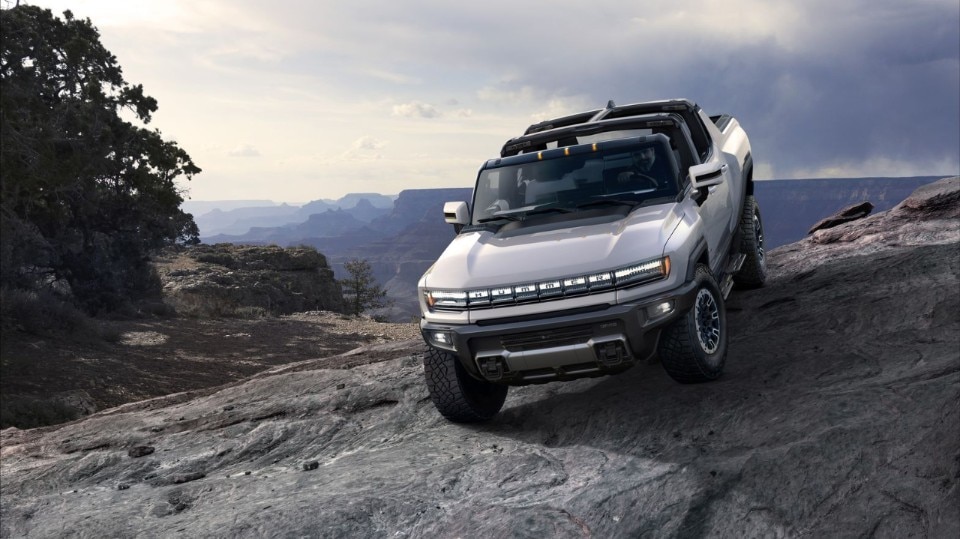
The Hummer is back as an eccessive electric vehicle, resurrecting the spirit of its gas-guzzling predecessor
Photos courtesy of GMC.

The Hummer is back as an eccessive electric vehicle, resurrecting the spirit of its gas-guzzling predecessor
Photos courtesy of GMC.

The Hummer is back as an eccessive electric vehicle, resurrecting the spirit of its gas-guzzling predecessor
Photos courtesy of GMC.

The Hummer is back as an eccessive electric vehicle, resurrecting the spirit of its gas-guzzling predecessor
Photos courtesy of GMC.

The Hummer is back as an eccessive electric vehicle, resurrecting the spirit of its gas-guzzling predecessor
Photos courtesy of GMC.
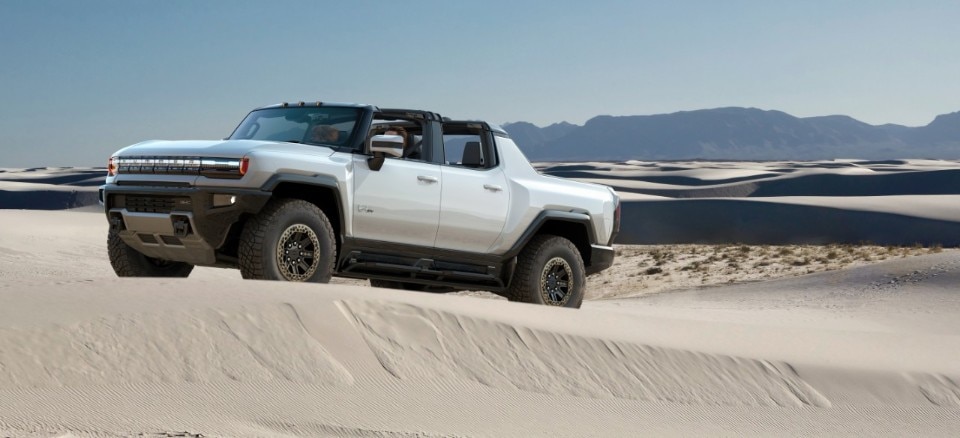
The Hummer is back as an eccessive electric vehicle, resurrecting the spirit of its gas-guzzling predecessor
Photos courtesy of GMC.
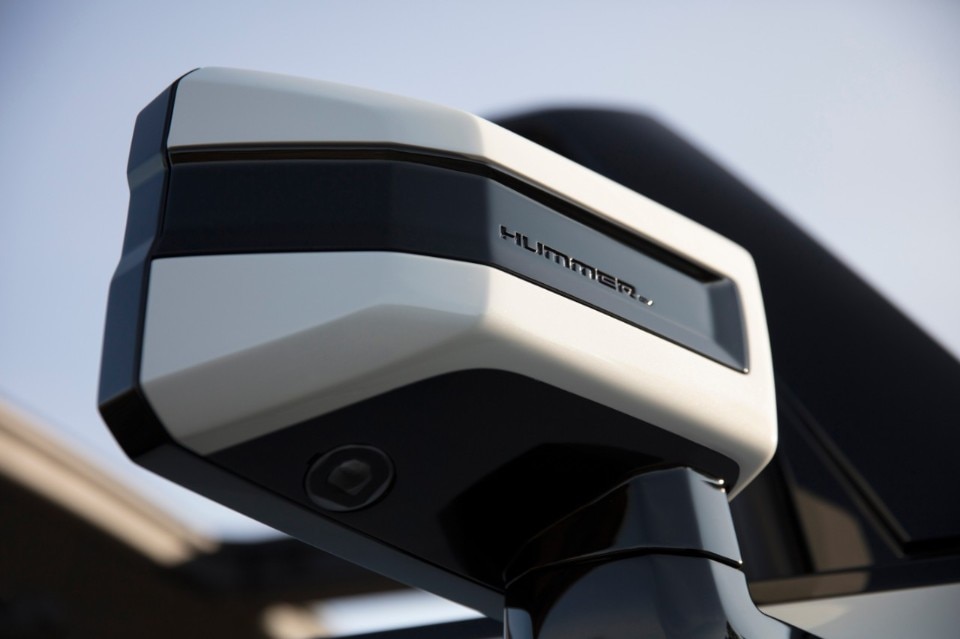
The Hummer is back as an eccessive electric vehicle, resurrecting the spirit of its gas-guzzling predecessor
Photos courtesy of GMC.

The Hummer is back as an eccessive electric vehicle, resurrecting the spirit of its gas-guzzling predecessor
Photos courtesy of GMC.

The Hummer is back as an eccessive electric vehicle, resurrecting the spirit of its gas-guzzling predecessor
Photos courtesy of GMC.

The Hummer is back as an eccessive electric vehicle, resurrecting the spirit of its gas-guzzling predecessor
Photos courtesy of GMC.

The Hummer is back as an eccessive electric vehicle, resurrecting the spirit of its gas-guzzling predecessor
Photos courtesy of GMC.

The Hummer is back as an eccessive electric vehicle, resurrecting the spirit of its gas-guzzling predecessor
Photos courtesy of GMC.

The Hummer is back as an eccessive electric vehicle, resurrecting the spirit of its gas-guzzling predecessor
Photos courtesy of GMC.

The Hummer is back as an eccessive electric vehicle, resurrecting the spirit of its gas-guzzling predecessor
Photos courtesy of GMC.

The Hummer is back as an eccessive electric vehicle, resurrecting the spirit of its gas-guzzling predecessor
Photos courtesy of GMC.

The Hummer is back as an eccessive electric vehicle, resurrecting the spirit of its gas-guzzling predecessor
Photos courtesy of GMC.

The Hummer is back as an eccessive electric vehicle, resurrecting the spirit of its gas-guzzling predecessor
Photos courtesy of GMC.
The car symbol of Americans’ uncompromising love for excessive vehicles is back as an EV super-truck designed to be as brutal as its gas-guzzling predecessor. The most surprising and uncalled-for feature: its ability to drive diagonally, thank to what the company has baptized as “crab mode”. Yes, We filed this under “things that could only happen in 2020”.
Norway’s autonomous electric ferry
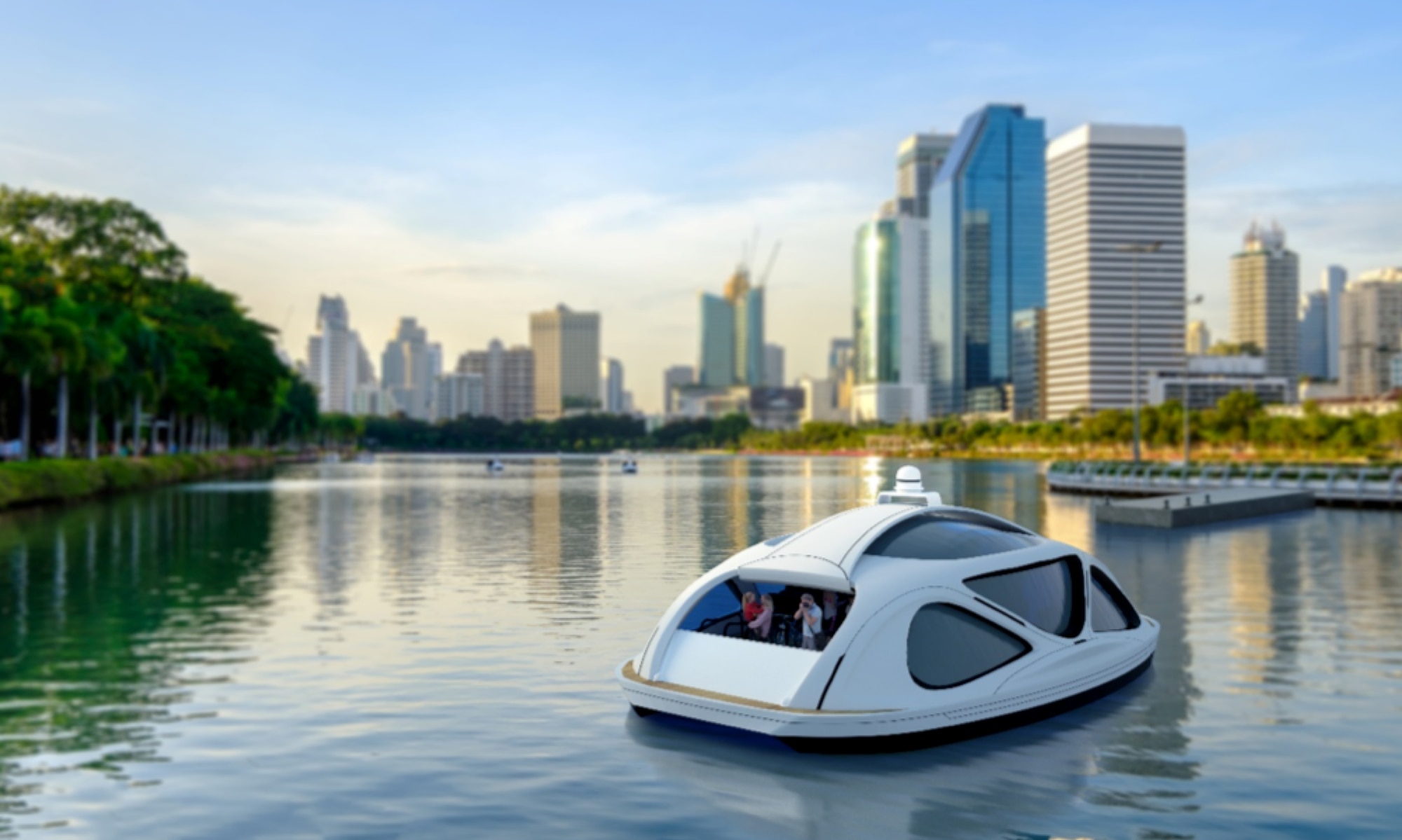
 View gallery
View gallery
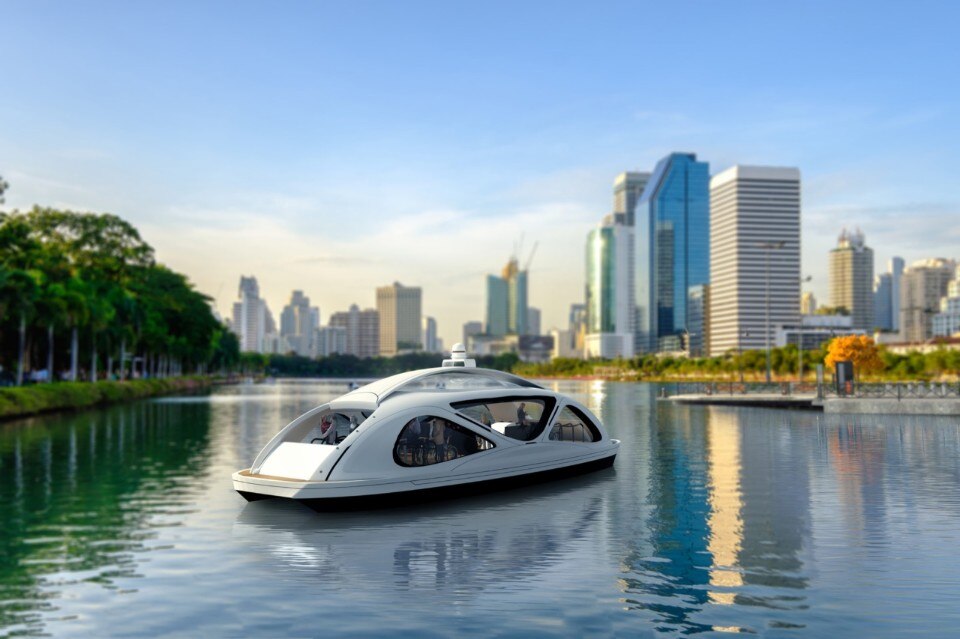
Norwegian startup Zeabuz plans to launch a sustainable self-driving ferry in 2021, five years after the first fully-electric ferry started operating in the country.
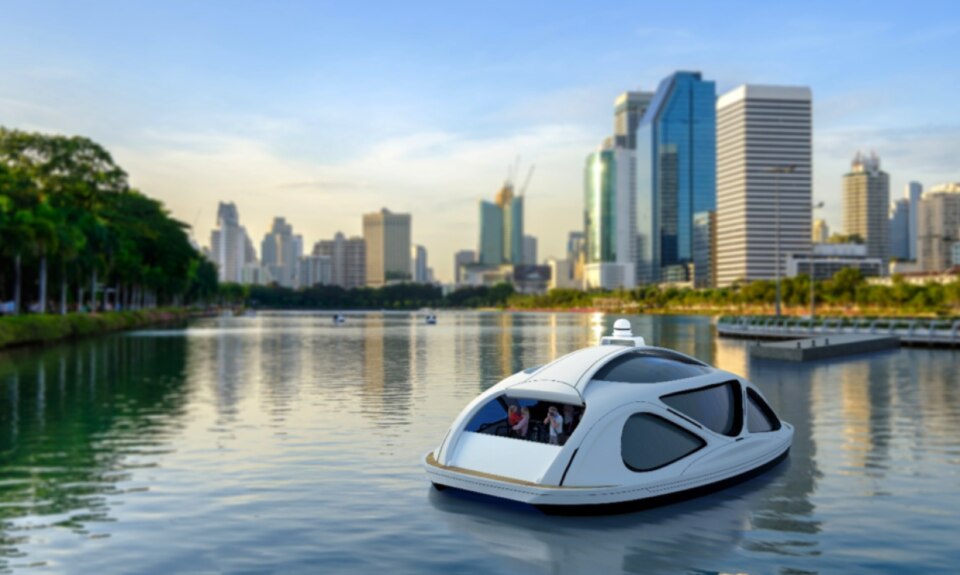
Norwegian startup Zeabuz plans to launch a sustainable self-driving ferry in 2021, five years after the first fully-electric ferry started operating in the country.
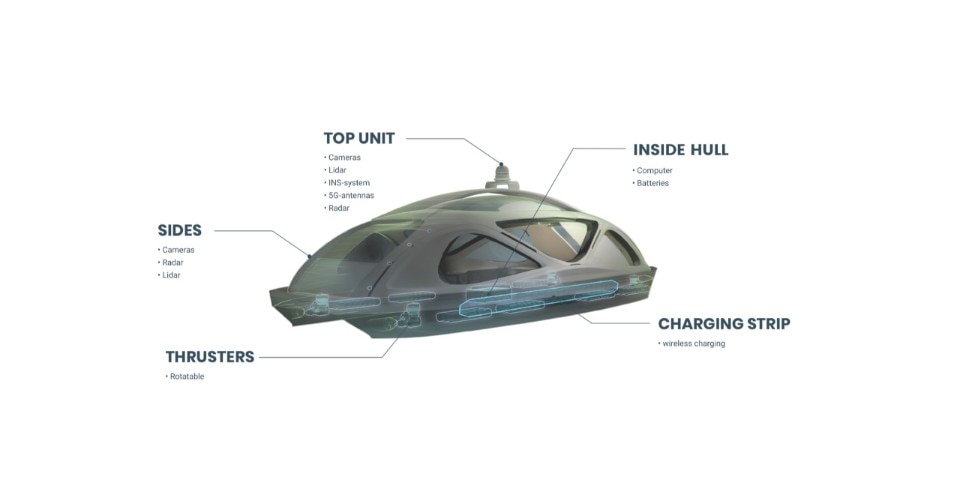
Norwegian startup Zeabuz plans to launch a sustainable self-driving ferry in 2021, five years after the first fully-electric ferry started operating in the country.
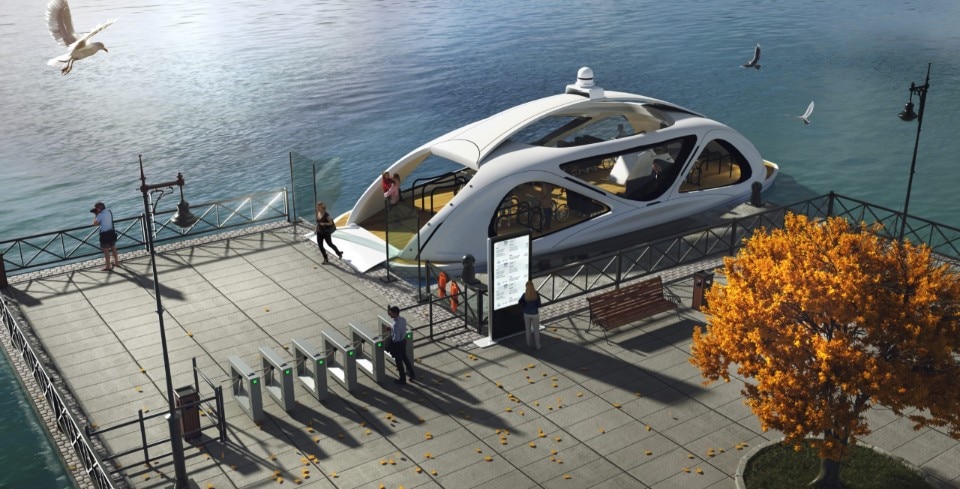
Norwegian startup Zeabuz plans to launch a sustainable self-driving ferry in 2021, five years after the first fully-electric ferry started operating in the country.

Norwegian startup Zeabuz plans to launch a sustainable self-driving ferry in 2021, five years after the first fully-electric ferry started operating in the country.

Norwegian startup Zeabuz plans to launch a sustainable self-driving ferry in 2021, five years after the first fully-electric ferry started operating in the country.

Norwegian startup Zeabuz plans to launch a sustainable self-driving ferry in 2021, five years after the first fully-electric ferry started operating in the country.

Norwegian startup Zeabuz plans to launch a sustainable self-driving ferry in 2021, five years after the first fully-electric ferry started operating in the country.
In 2021, a fully autonomous and electric ferry will start sailing along the canal that connects the port of Trondheim, in Norway, with the city center. The zero-emission ferry, which was originally developed in 2018 by researchers at the Norwegian University of Science and Technology, is now marketed by a spin-off called Zeabuz. It will carry up to 12 passengers, each with their own bike, and will operate free of charge. Electric ferries as a solution for urban mobility are currently being explored as a viable solution in many cities, with a trend that’s definitely worth watching. The city of Bangkok, for example, where the Chao Phraya River often used as an alternative to buses and cars, is planning to shift to electric ferries starting next year.
Harley Davidson’s electric bike
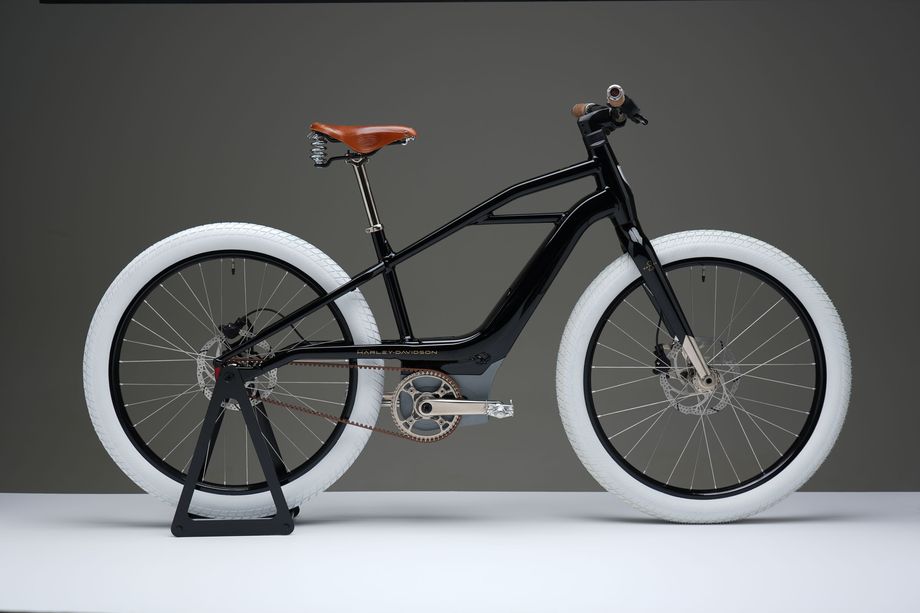
 View gallery
View gallery
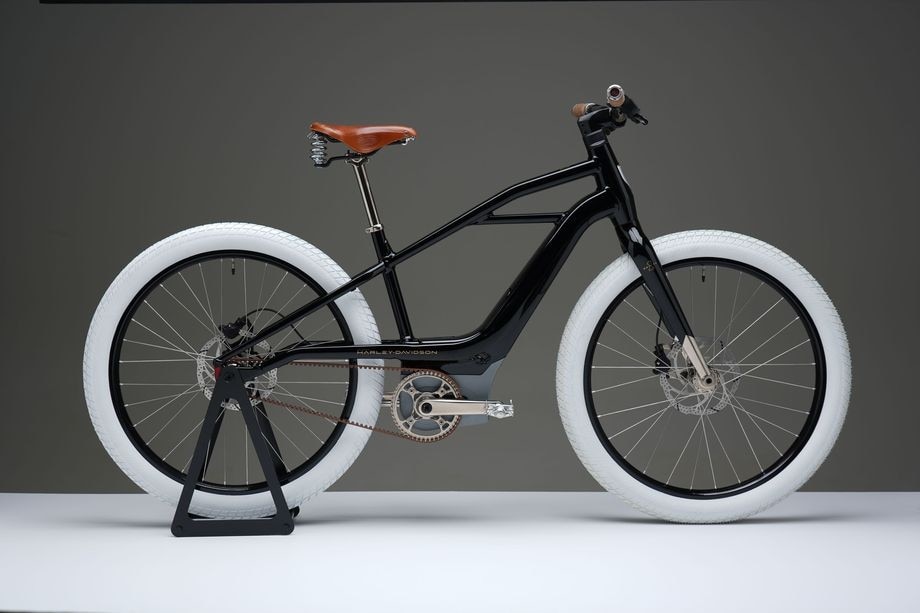
The new bicycle is called “Serial 1”, a nostalgic reference to the first “Serial Number One” Harley Davidson motorcycle built in 1903.
Photos courtesy of Harley Davidson
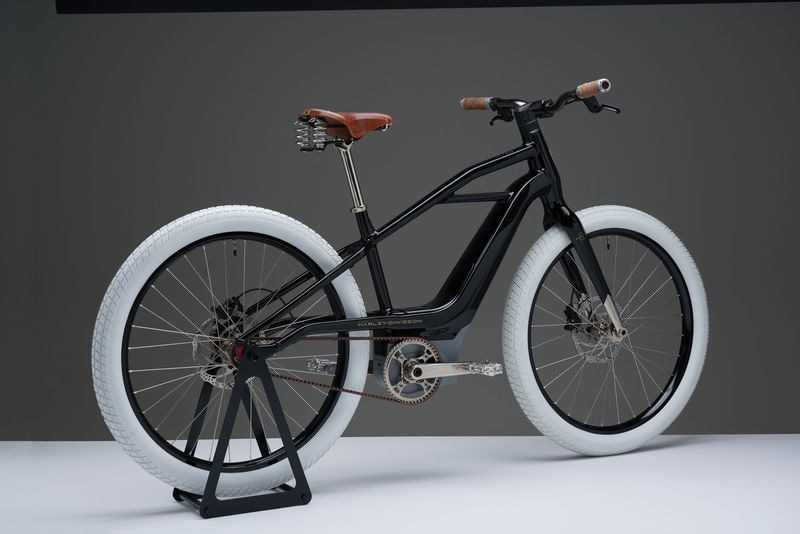
The new bicycle is called “Serial 1”, a nostalgic reference to the first “Serial Number One” Harley Davidson motorcycle built in 1903.
Photos courtesy of Harley Davidson
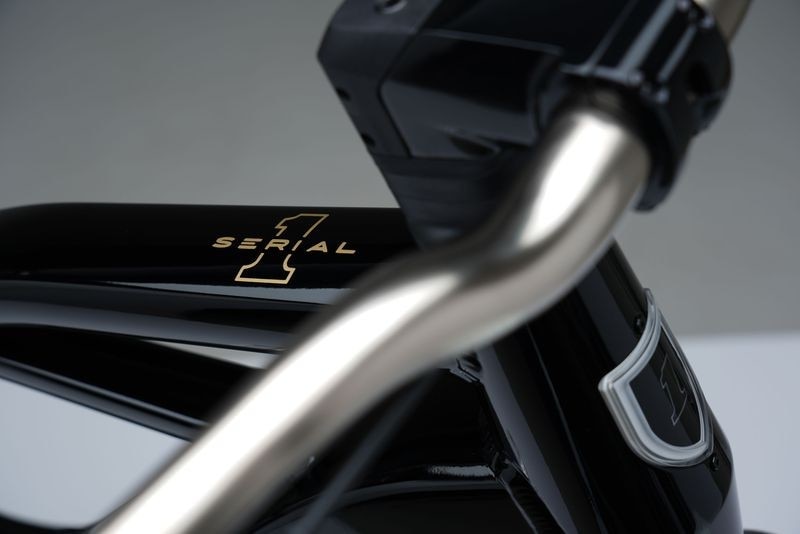
The new bicycle is called “Serial 1”, a nostalgic reference to the first “Serial Number One” Harley Davidson motorcycle built in 1903.
Photos courtesy of Harley Davidson
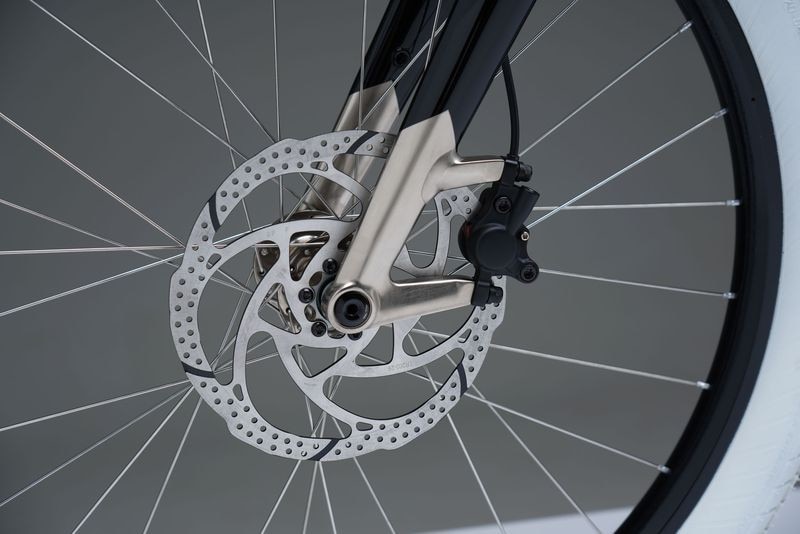
The new bicycle is called “Serial 1”, a nostalgic reference to the first “Serial Number One” Harley Davidson motorcycle built in 1903.
Photos courtesy of Harley Davidson
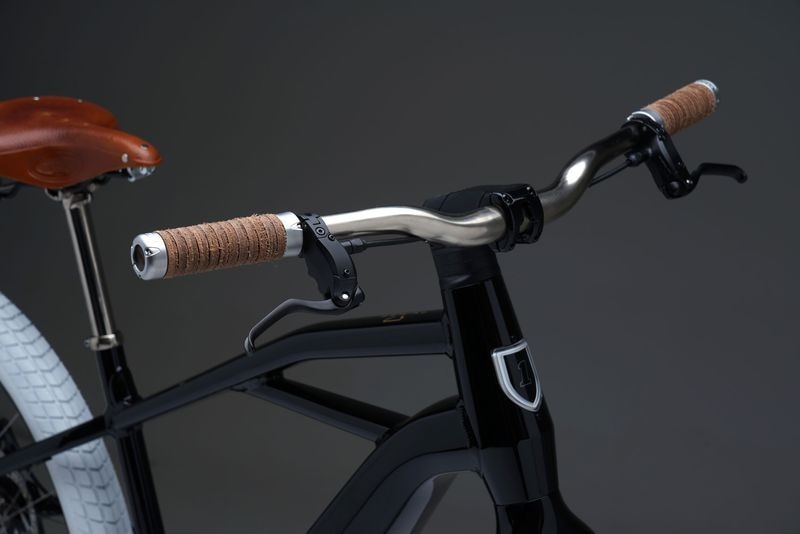
The new bicycle is called “Serial 1”, a nostalgic reference to the first “Serial Number One” Harley Davidson motorcycle built in 1903.
Photos courtesy of Harley Davidson

The new bicycle is called “Serial 1”, a nostalgic reference to the first “Serial Number One” Harley Davidson motorcycle built in 1903.
Photos courtesy of Harley Davidson

The new bicycle is called “Serial 1”, a nostalgic reference to the first “Serial Number One” Harley Davidson motorcycle built in 1903.
Photos courtesy of Harley Davidson
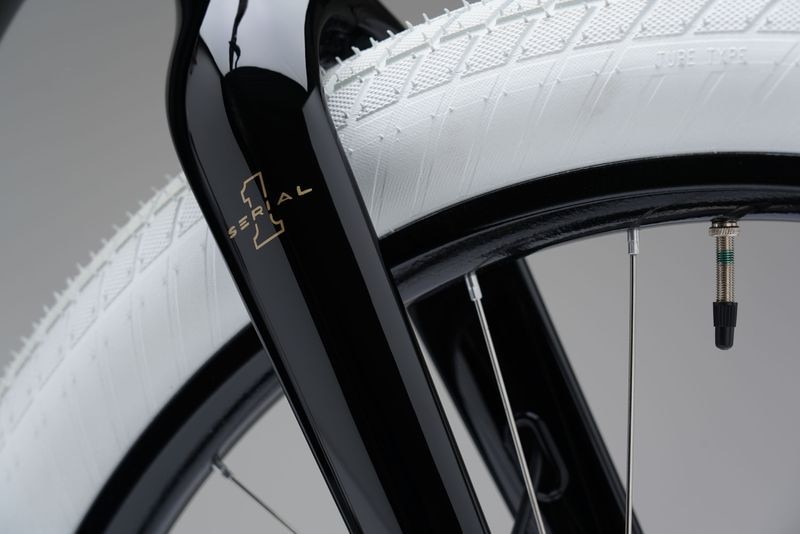
The new bicycle is called “Serial 1”, a nostalgic reference to the first “Serial Number One” Harley Davidson motorcycle built in 1903.
Photos courtesy of Harley Davidson

The new bicycle is called “Serial 1”, a nostalgic reference to the first “Serial Number One” Harley Davidson motorcycle built in 1903.
Photos courtesy of Harley Davidson

The new bicycle is called “Serial 1”, a nostalgic reference to the first “Serial Number One” Harley Davidson motorcycle built in 1903.
Photos courtesy of Harley Davidson

The new bicycle is called “Serial 1”, a nostalgic reference to the first “Serial Number One” Harley Davidson motorcycle built in 1903.
Photos courtesy of Harley Davidson

The new bicycle is called “Serial 1”, a nostalgic reference to the first “Serial Number One” Harley Davidson motorcycle built in 1903.
Photos courtesy of Harley Davidson

The new bicycle is called “Serial 1”, a nostalgic reference to the first “Serial Number One” Harley Davidson motorcycle built in 1903.
Photos courtesy of Harley Davidson

The new bicycle is called “Serial 1”, a nostalgic reference to the first “Serial Number One” Harley Davidson motorcycle built in 1903.
Photos courtesy of Harley Davidson

The new bicycle is called “Serial 1”, a nostalgic reference to the first “Serial Number One” Harley Davidson motorcycle built in 1903.
Photos courtesy of Harley Davidson

The new bicycle is called “Serial 1”, a nostalgic reference to the first “Serial Number One” Harley Davidson motorcycle built in 1903.
Photos courtesy of Harley Davidson
Even Harley Davidson, a brand that’s almost a synonym for loud motorcycles, is hopping on the electric bandwagon. The U.S. manufacturer has launched a spin-off called Serial to launch a new series of electric bicycles. You read that correct, not motorbikes. The first model, called Serial 1, will be available in March 2021.
BMW’s Definition CE 04 electric scooter
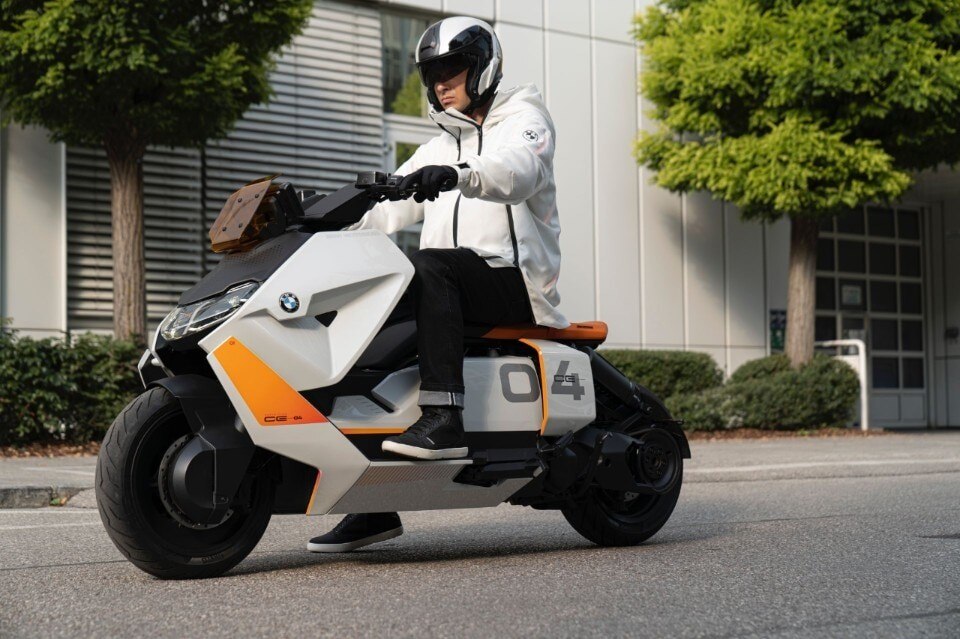
After years of concepts and tests, BMW Motorrad is ready to bring a new electric scooter with a futuristic design to the e-bike market. The new vehicle’s current name is Definition CE 04, but it will probably change if and when the scooter will enter production. With the CE 04 BMW designers aim at blending the analogue driving experience of to a digital-first UX. The driver of the CE 04 can stay always connected to the scooter via a dedicated smartphone app, while the gigantic 10,5” screen in the front will act as the main interface between the analogue and digital world.
Aptera’s first commercial solar car
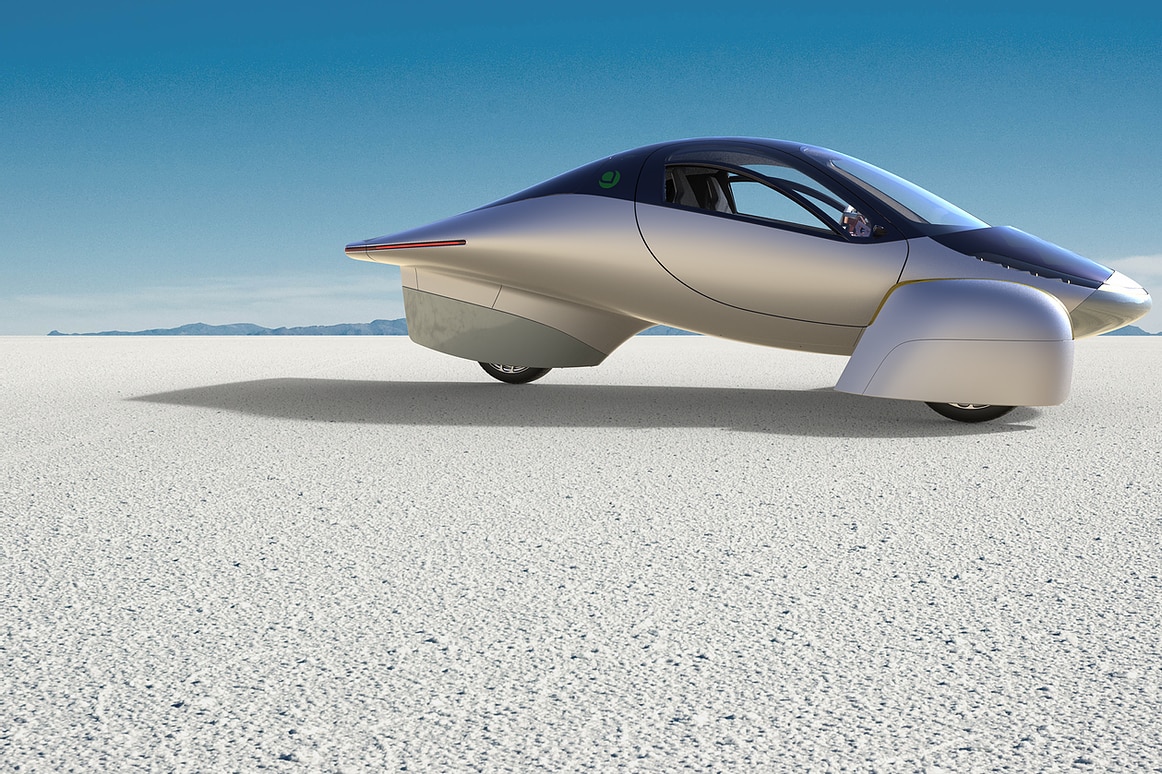
 View gallery
View gallery
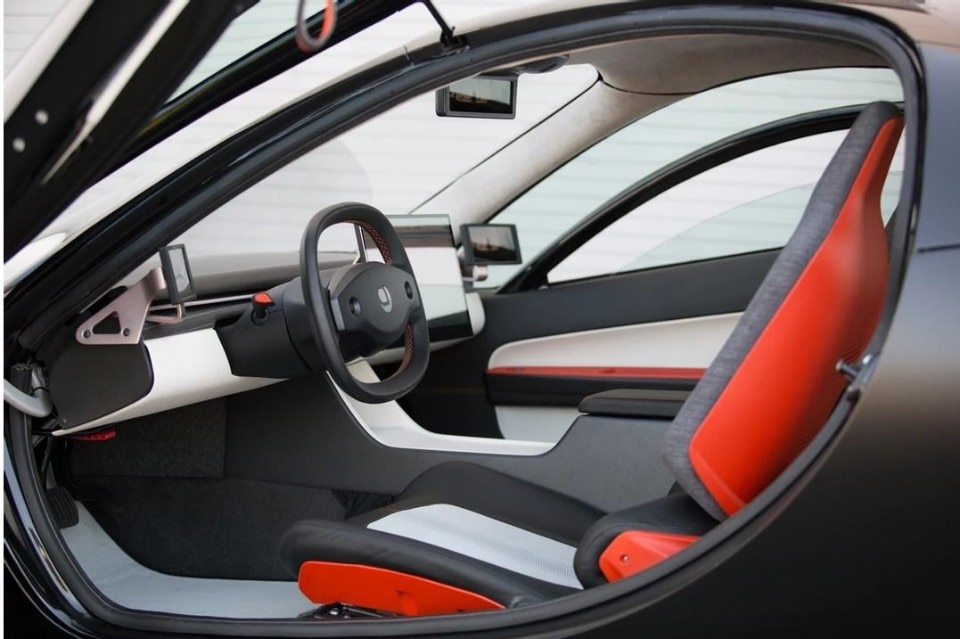
Aptera launched a new three-wheeled sEV (solar electric vehicle) with a 1000-miles range that can recharge its battery through solar panels.
Photos courtesy of Aptera
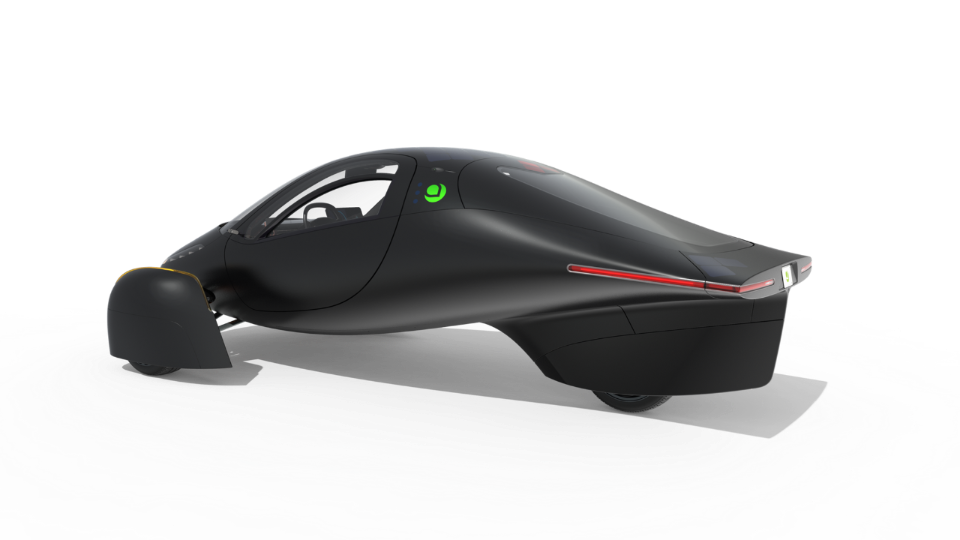
Aptera launched a new three-wheeled sEV (solar electric vehicle) with a 1000-miles range that can recharge its battery through solar panels.
Photos courtesy of Aptera
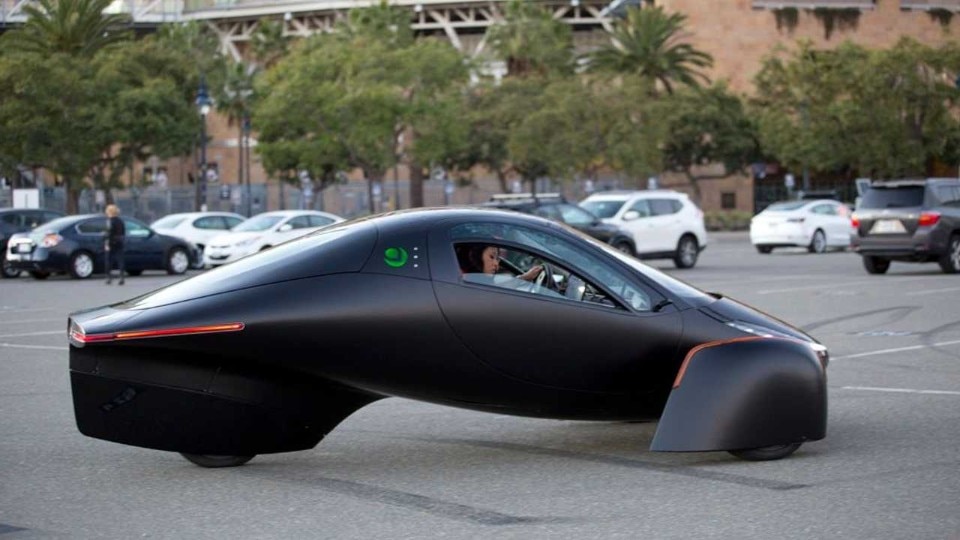
Aptera launched a new three-wheeled sEV (solar electric vehicle) with a 1000-miles range that can recharge its battery through solar panels.
Photos courtesy of Aptera

Aptera launched a new three-wheeled sEV (solar electric vehicle) with a 1000-miles range that can recharge its battery through solar panels.
Photos courtesy of Aptera

Aptera launched a new three-wheeled sEV (solar electric vehicle) with a 1000-miles range that can recharge its battery through solar panels.
Photos courtesy of Aptera

Aptera launched a new three-wheeled sEV (solar electric vehicle) with a 1000-miles range that can recharge its battery through solar panels.
Photos courtesy of Aptera

Aptera launched a new three-wheeled sEV (solar electric vehicle) with a 1000-miles range that can recharge its battery through solar panels.
Photos courtesy of Aptera

Aptera launched a new three-wheeled sEV (solar electric vehicle) with a 1000-miles range that can recharge its battery through solar panels.
Photos courtesy of Aptera
The once-dead US company Aptera has secured funding to launch a new three-wheeled vehicle with a 1000-miles range that can recharge its battery through solar panels. The company has developed two versions of the solar car, the Paradigm and the Paradigm plus, which packs a 100kWh battery to reach the purported 1000 miles peak range. Preorders for the new vehicle have started in December on the company’s website with a 100$ downpayment while the launch date is set for mid-2021. The final price will go from $25,900 to $46,000, based on the options and features the customer’s gonna pick.

For a new ecology of living
Ada Bursi’s legacy is transformed into an exam project of the two-year Interior Design specialist program at IED Turin, unfolding a narrative on contemporary living, between ecology, spatial flexibility, and social awareness.
- Sponsored content


